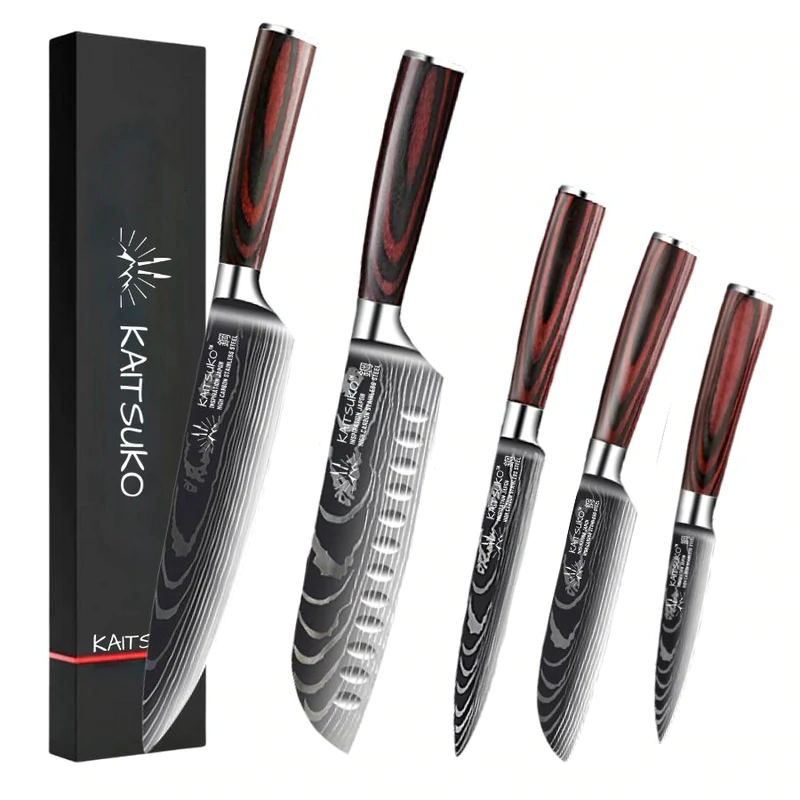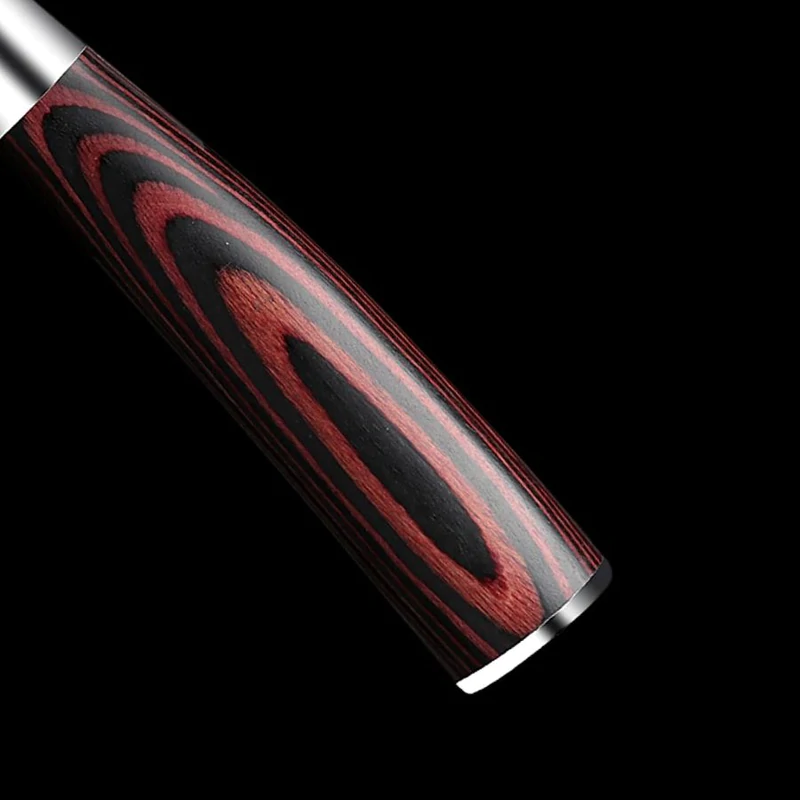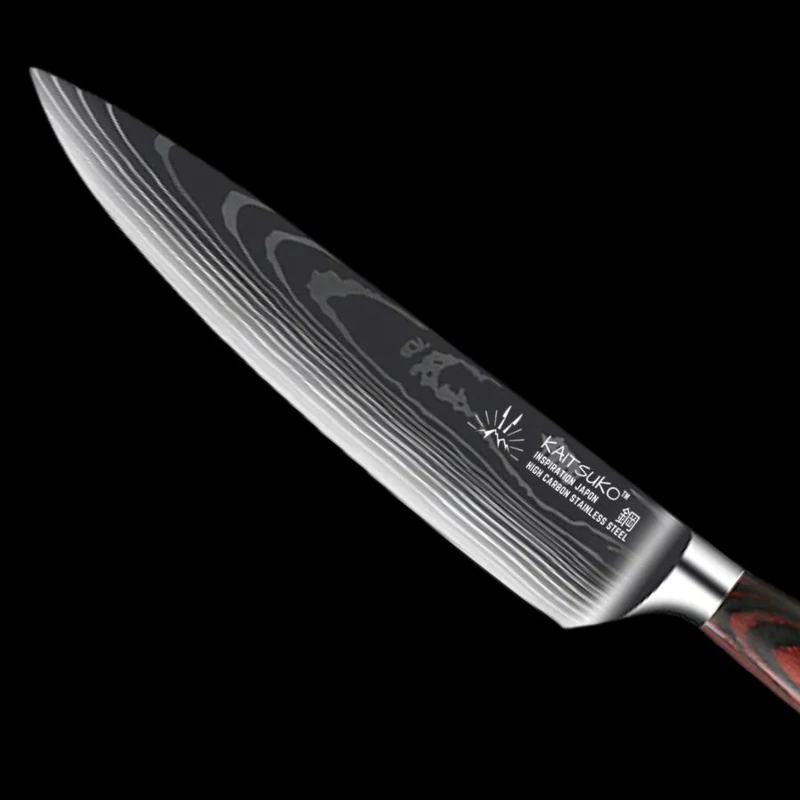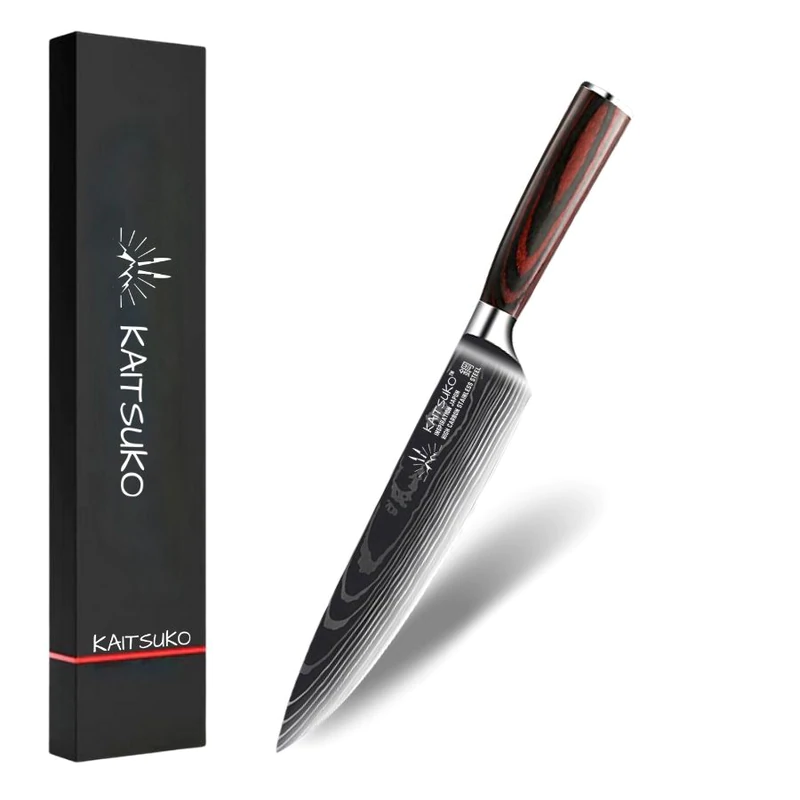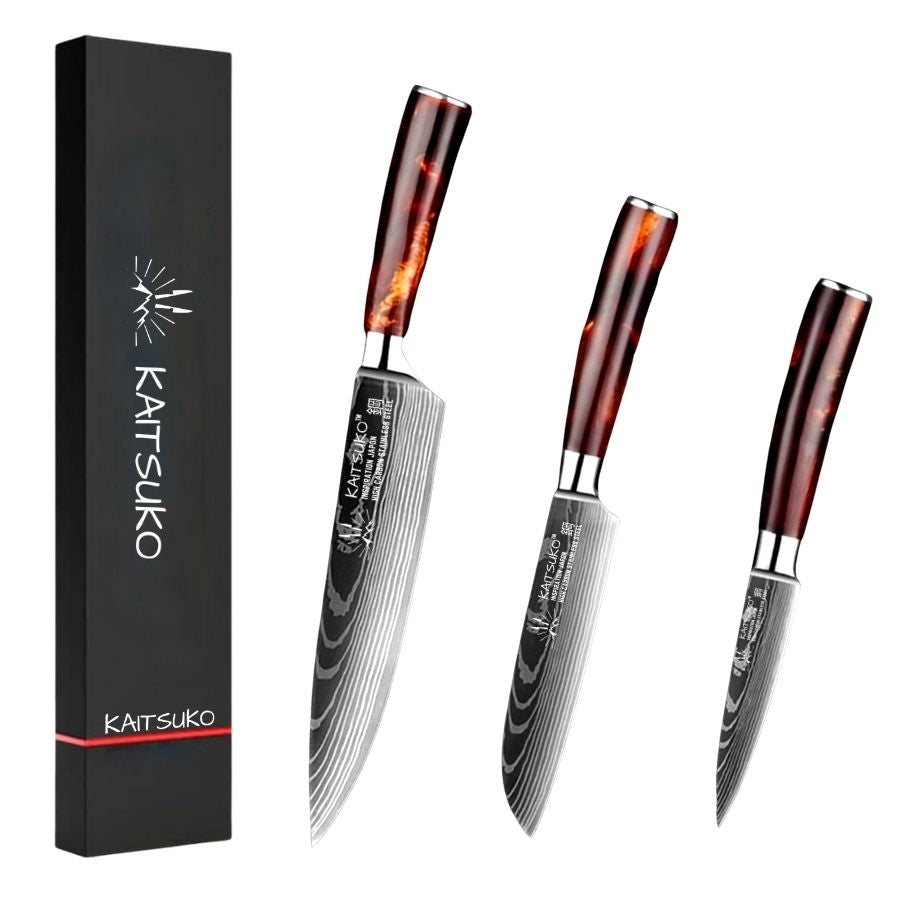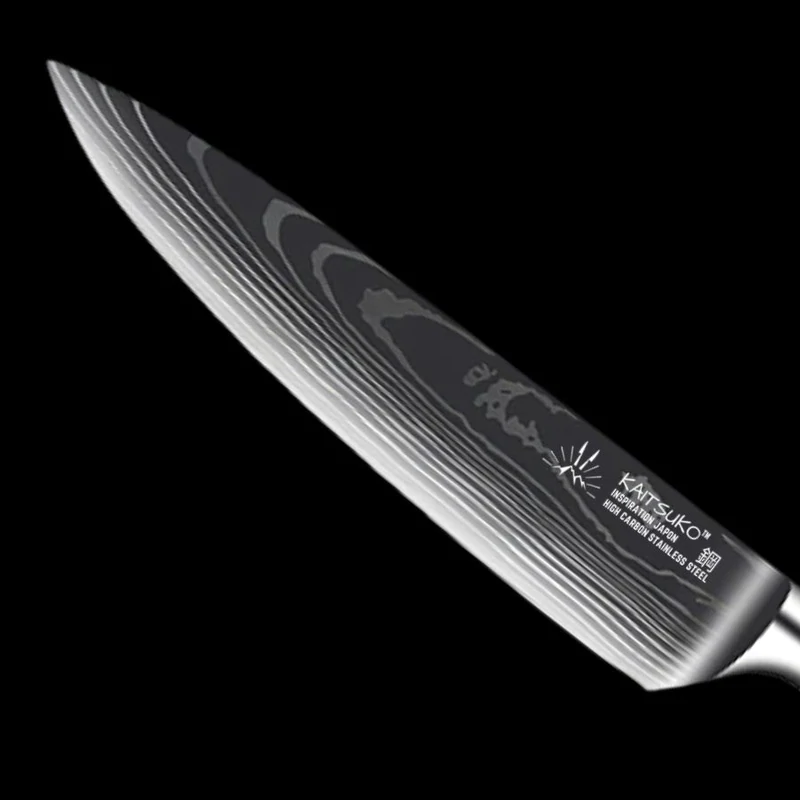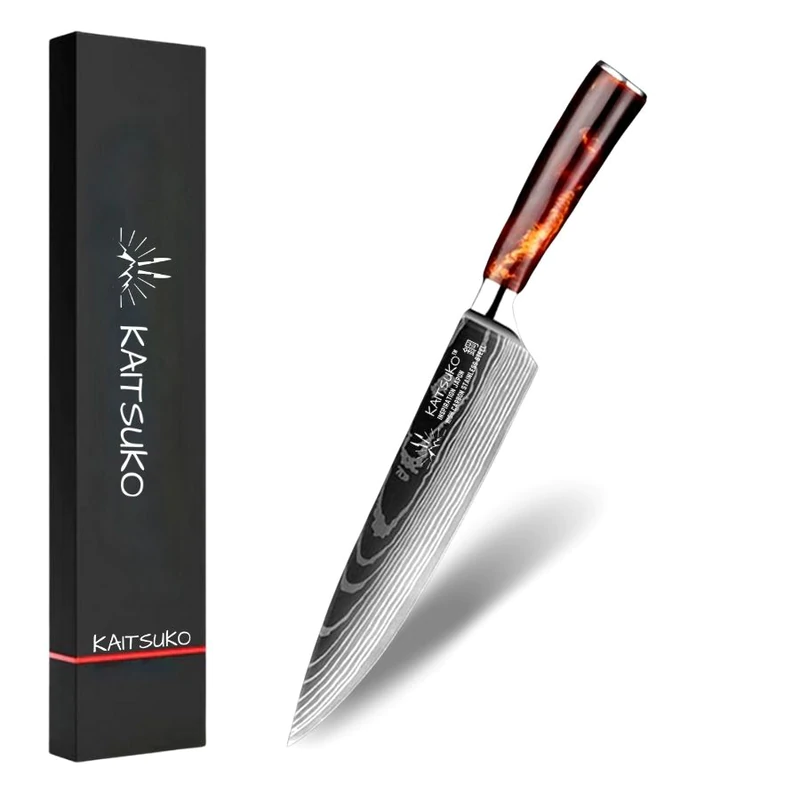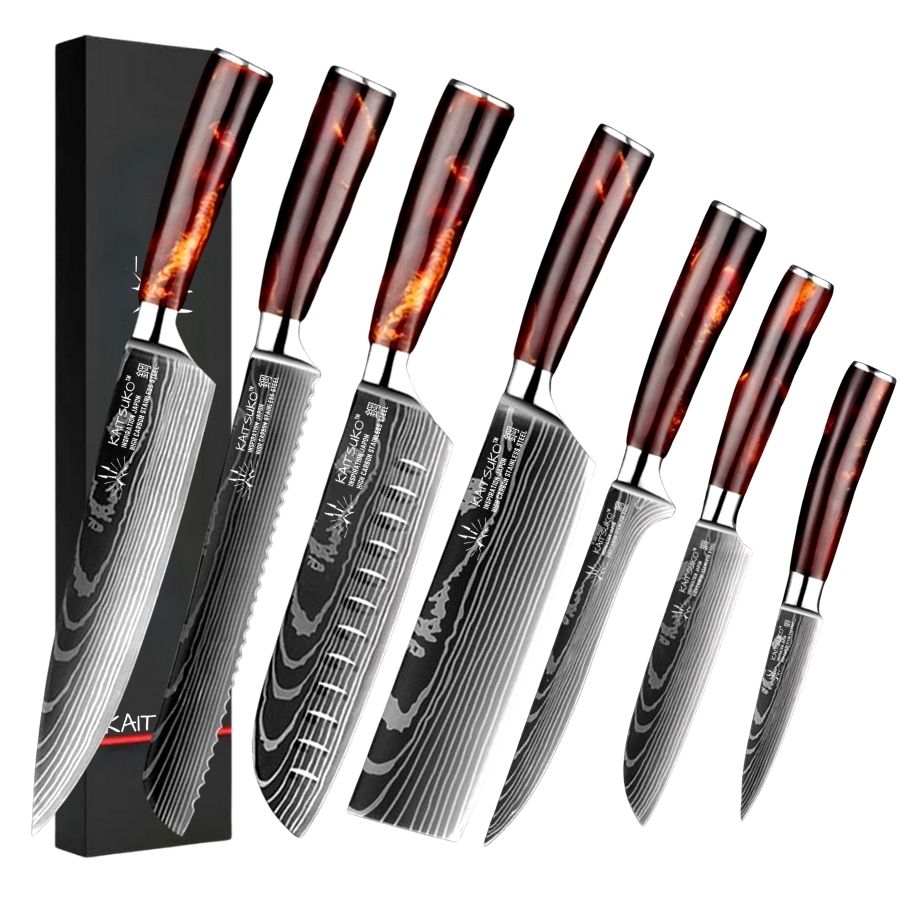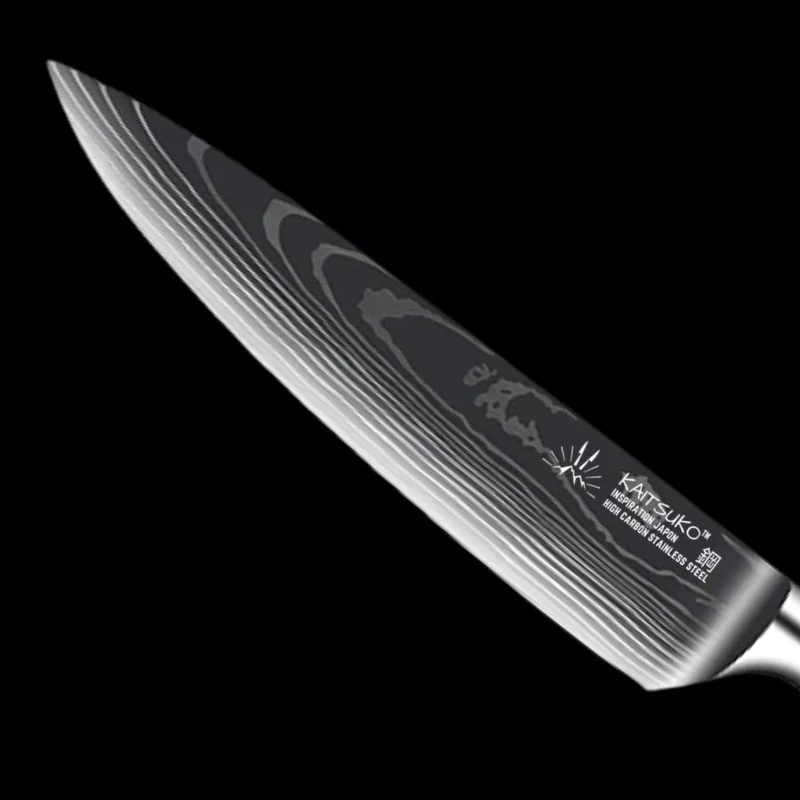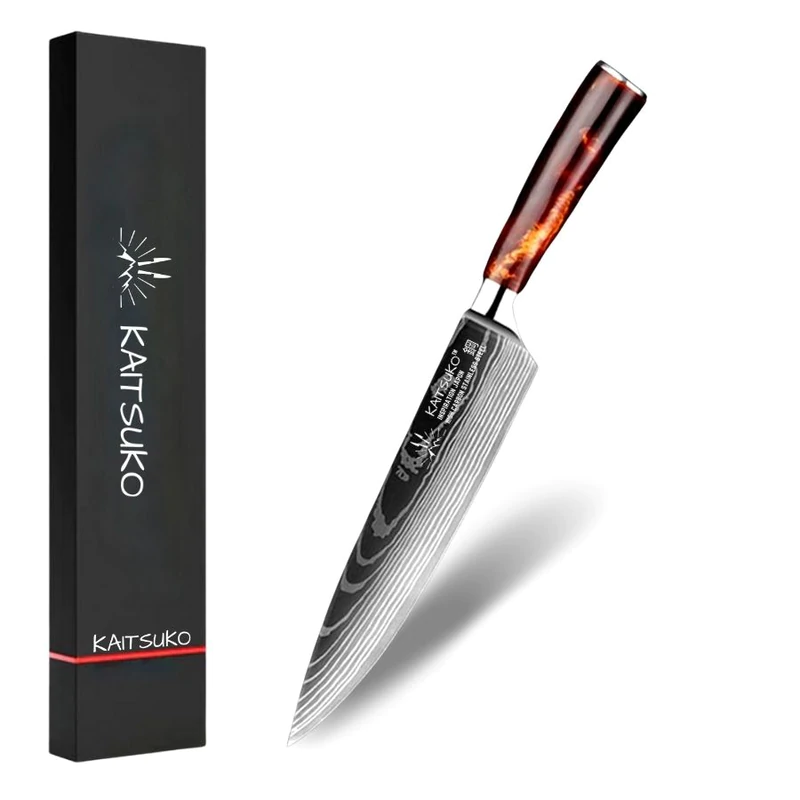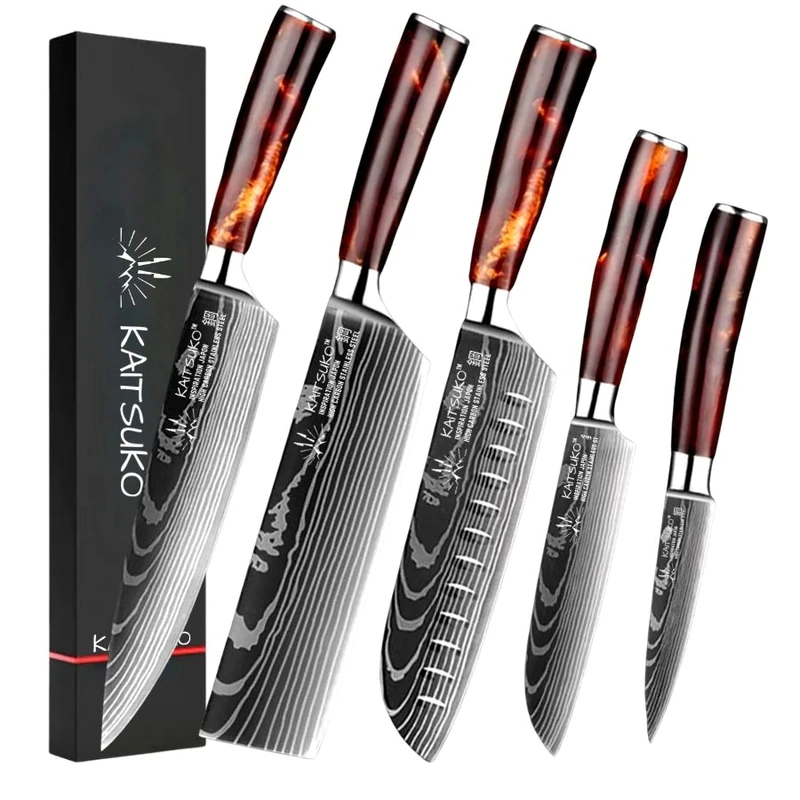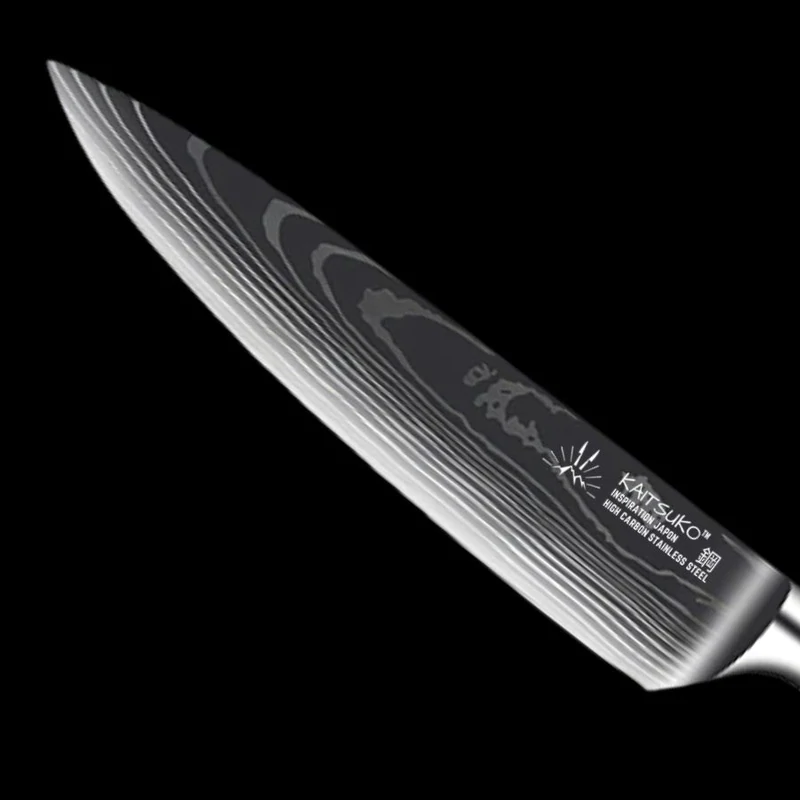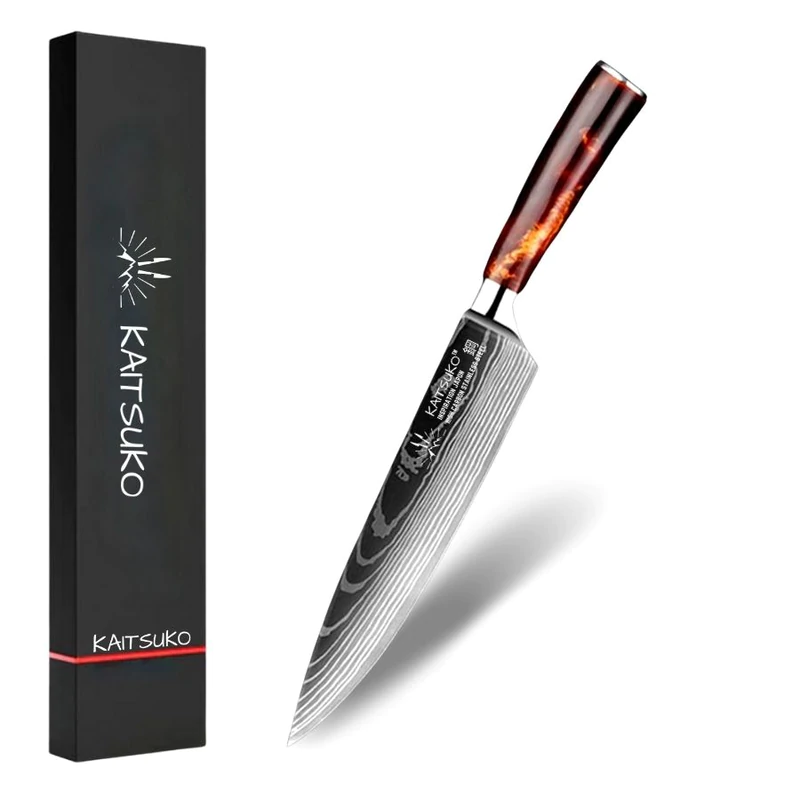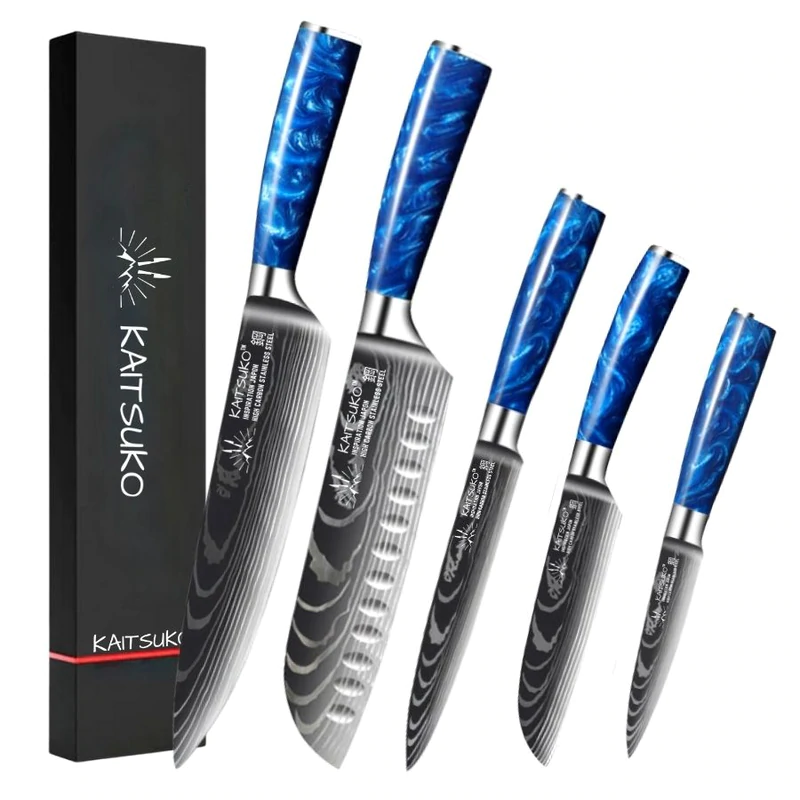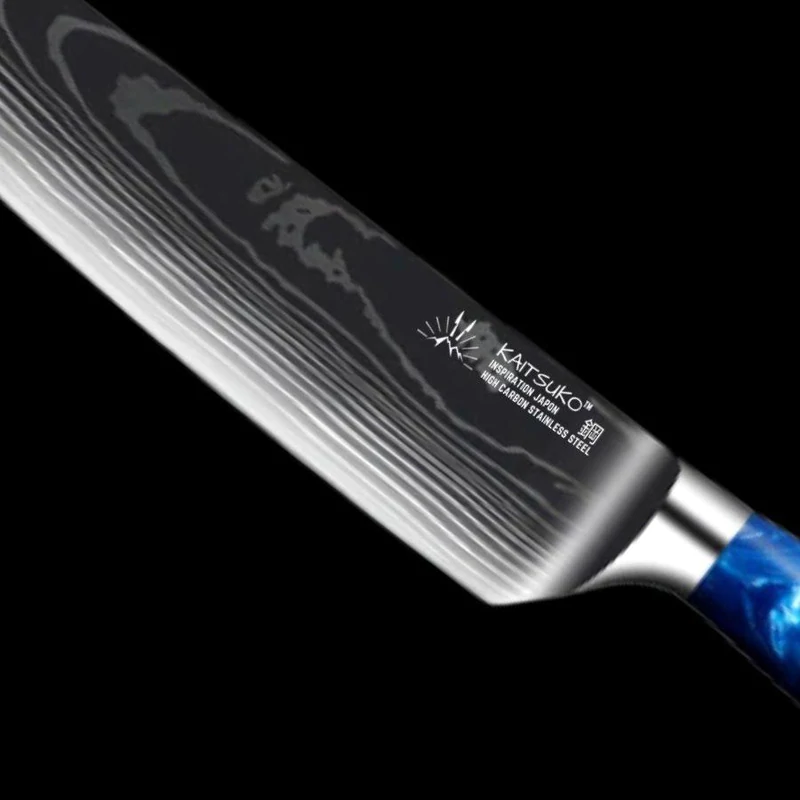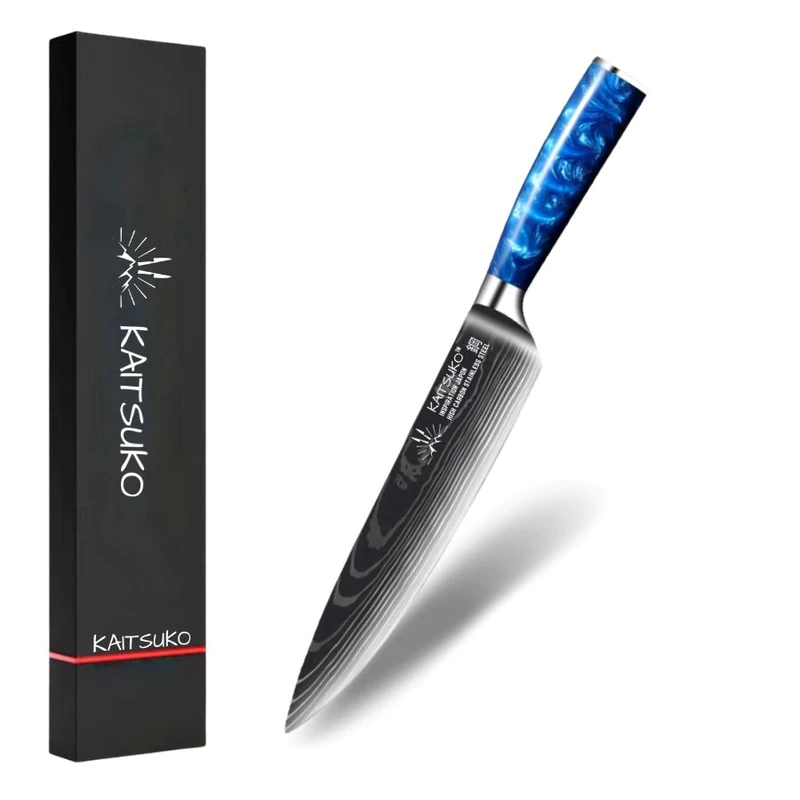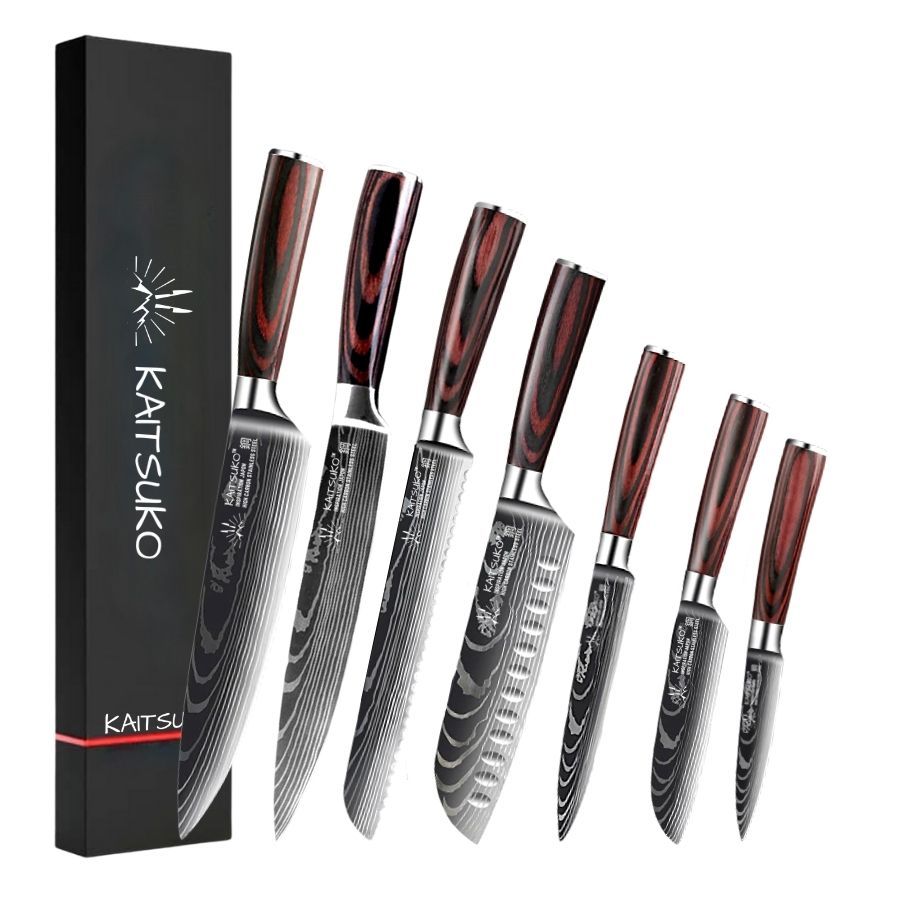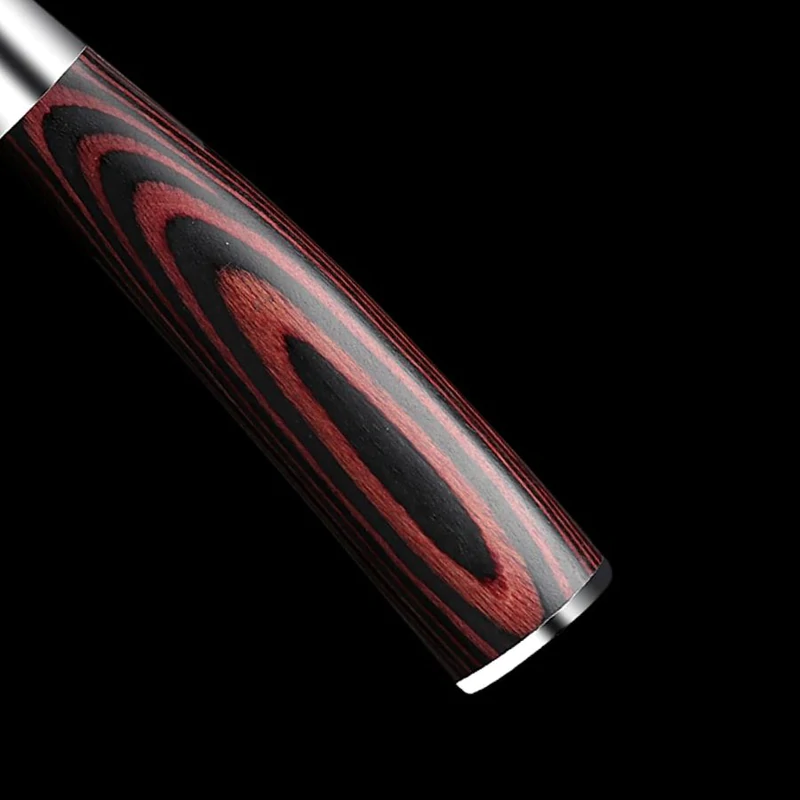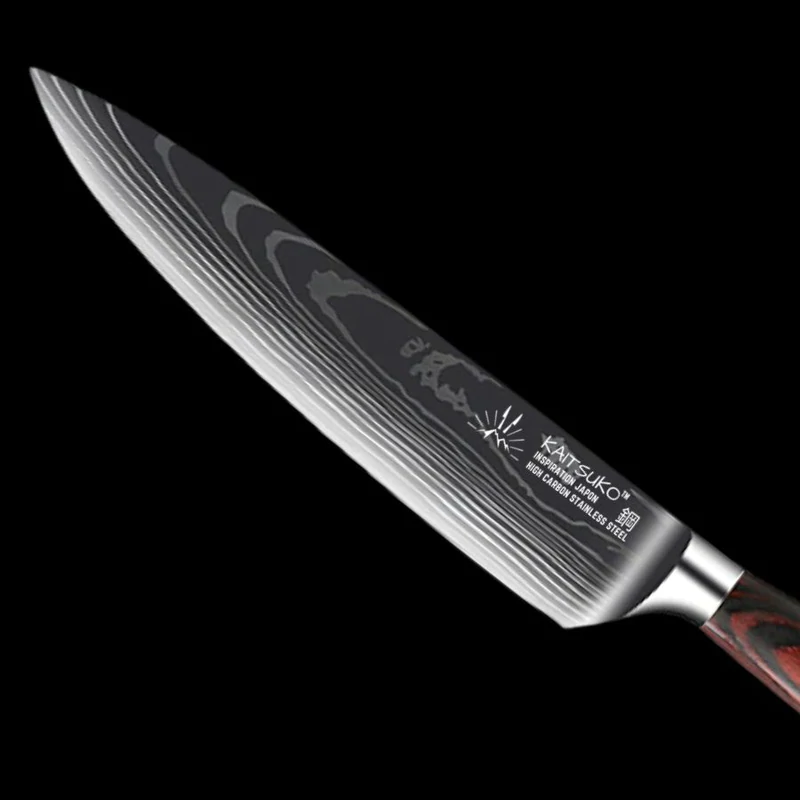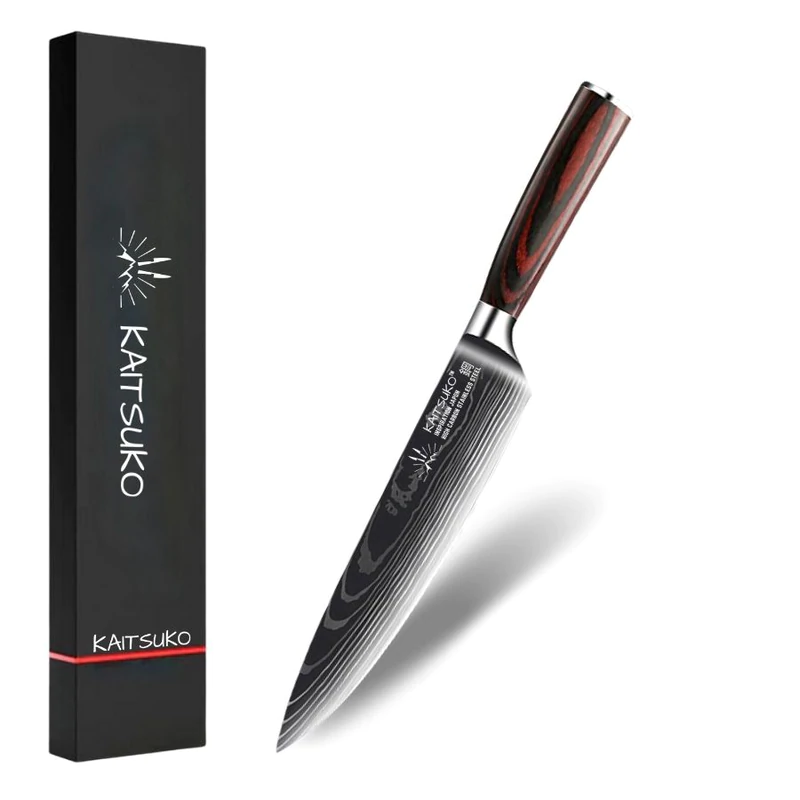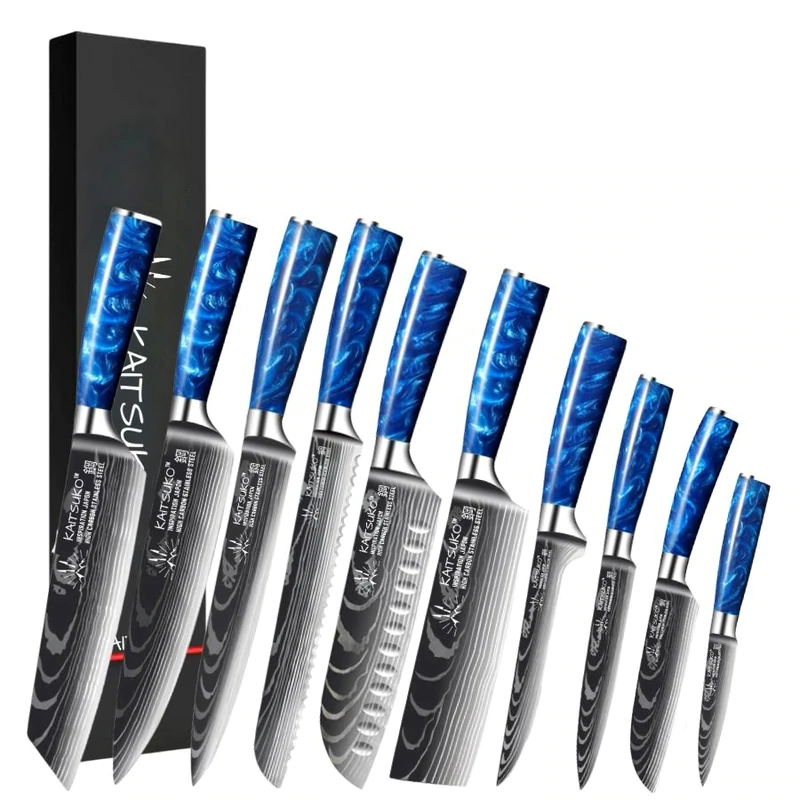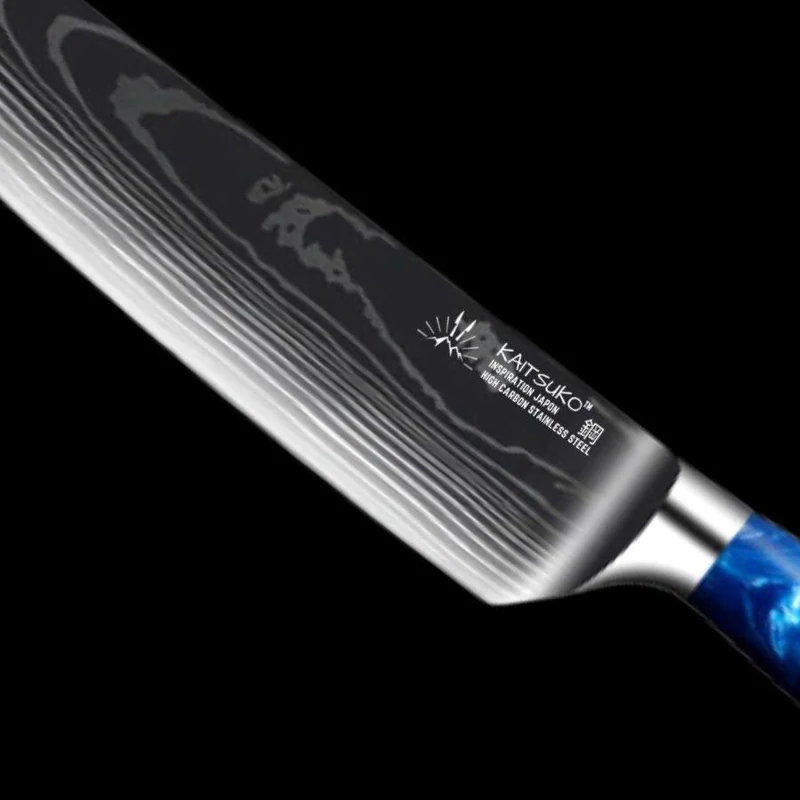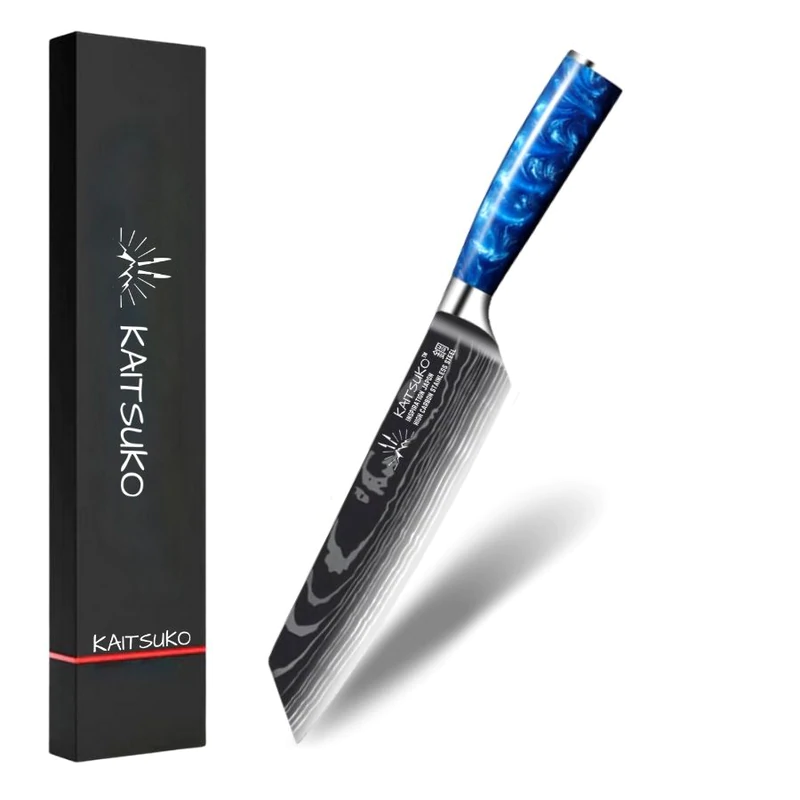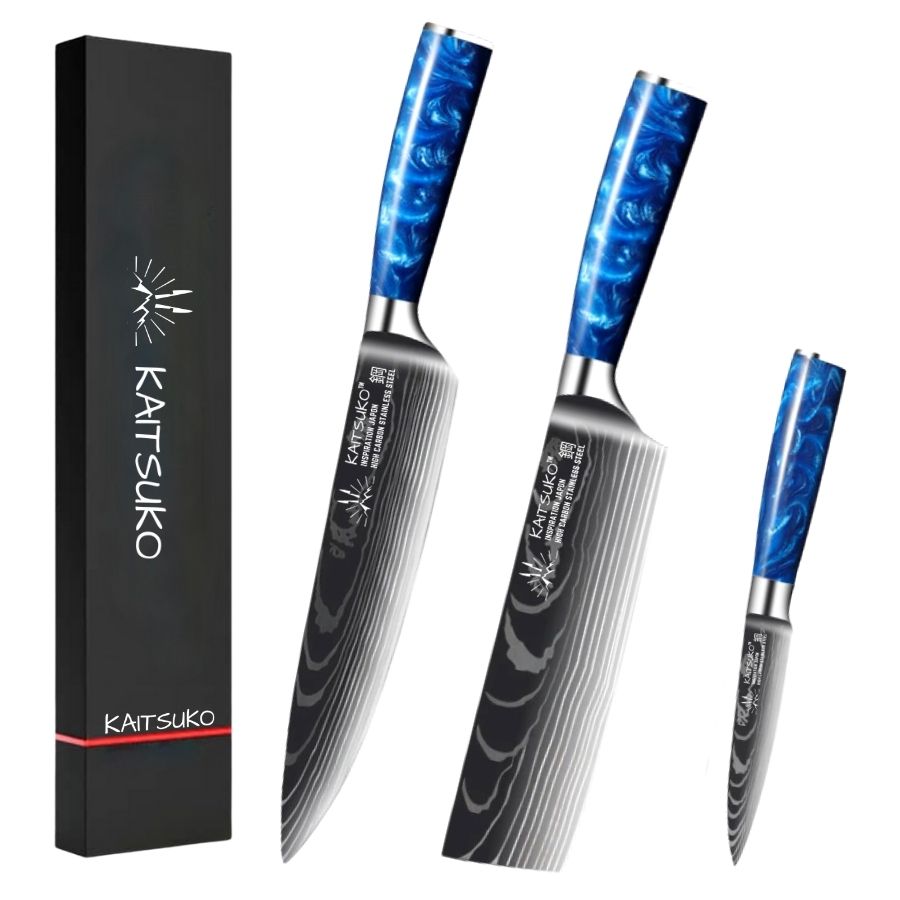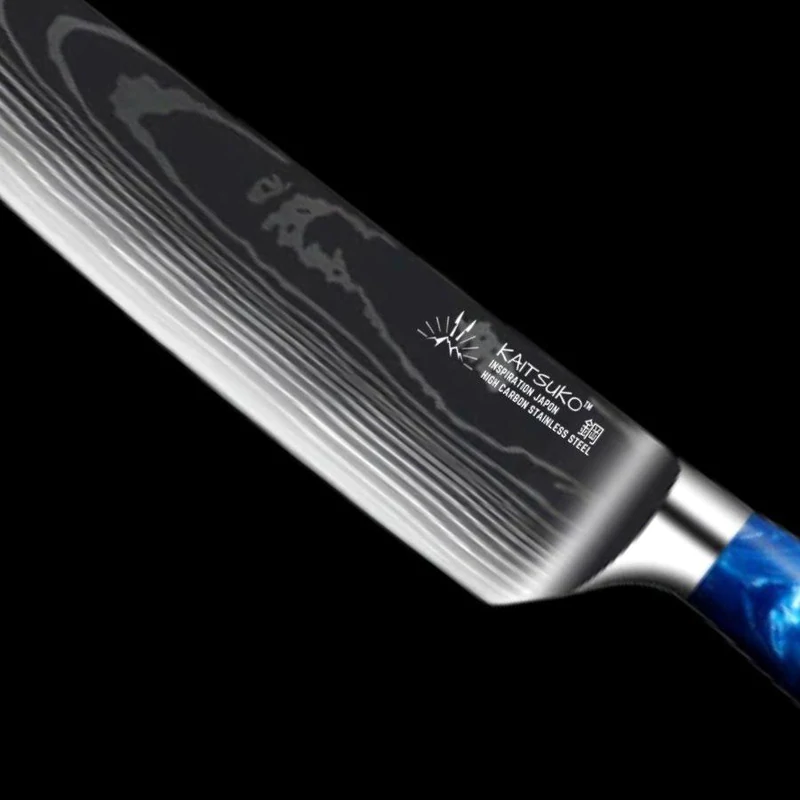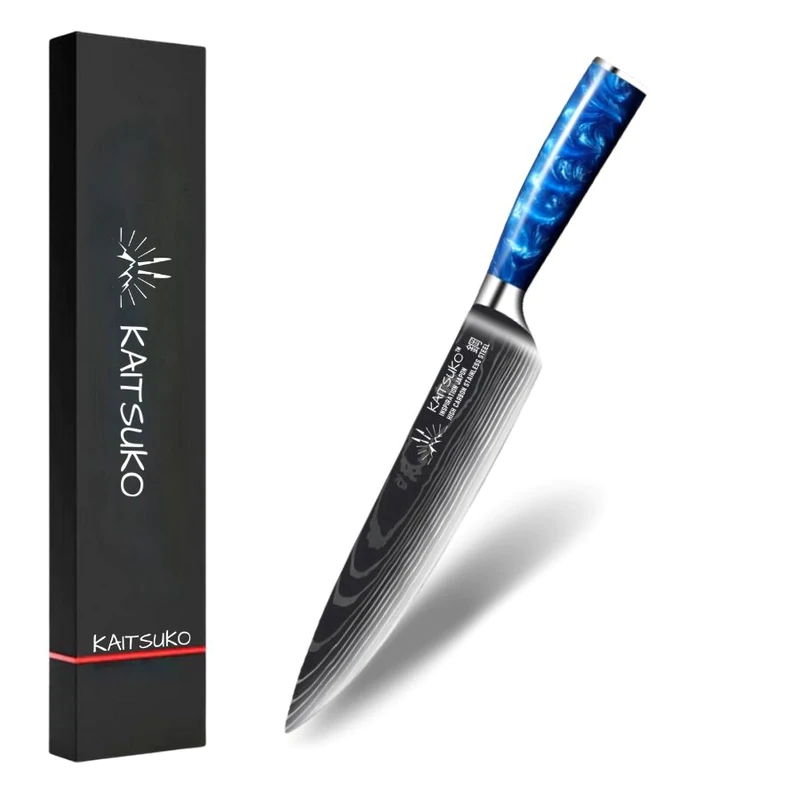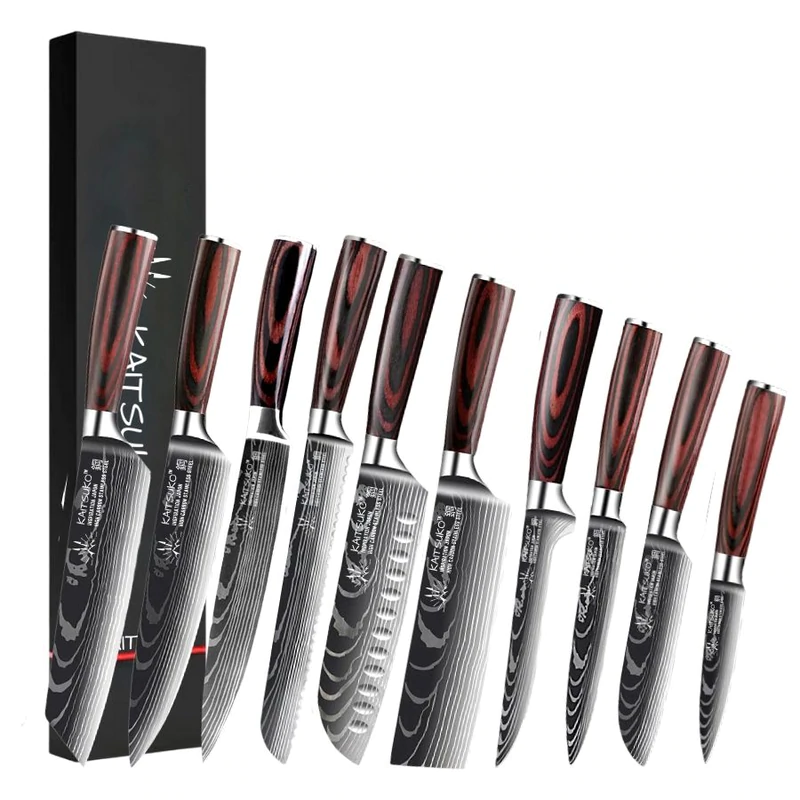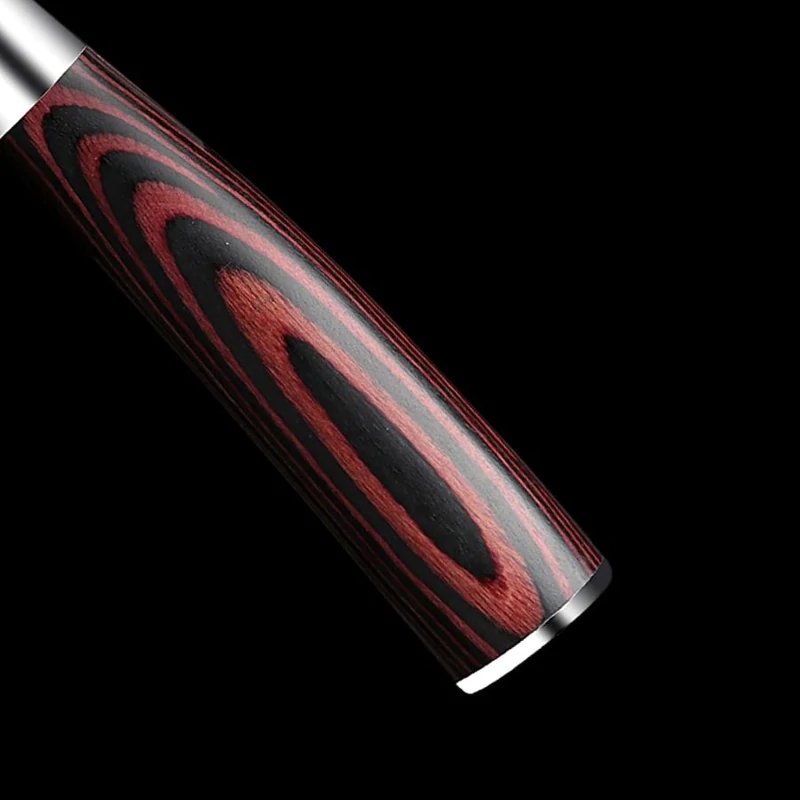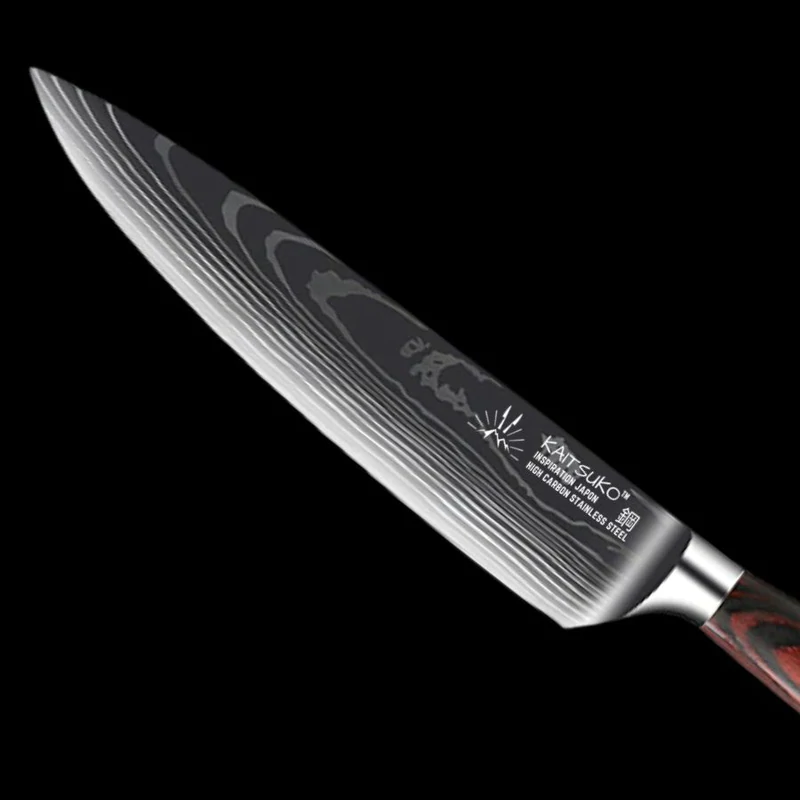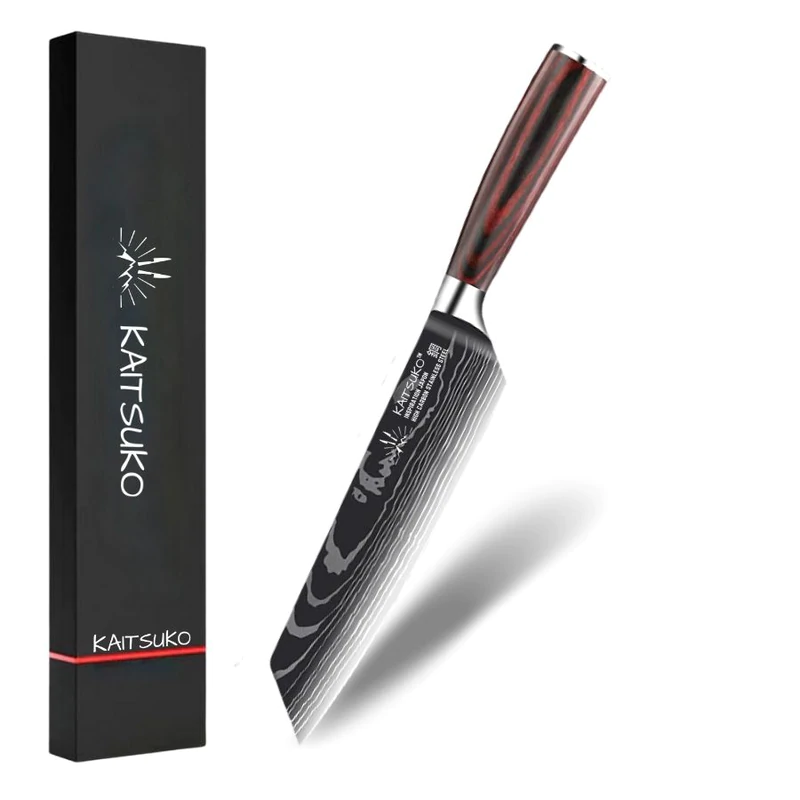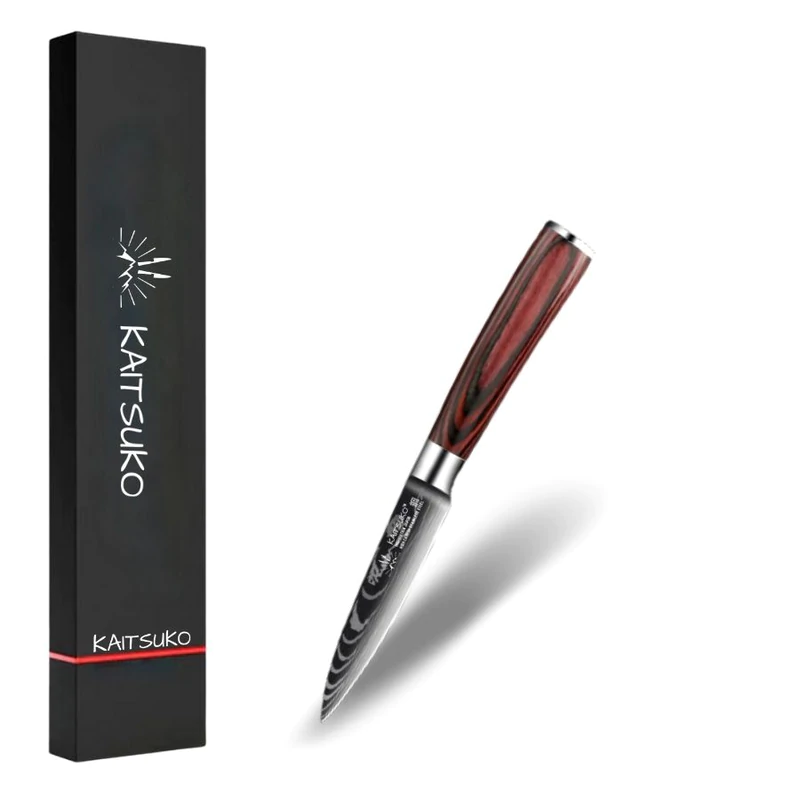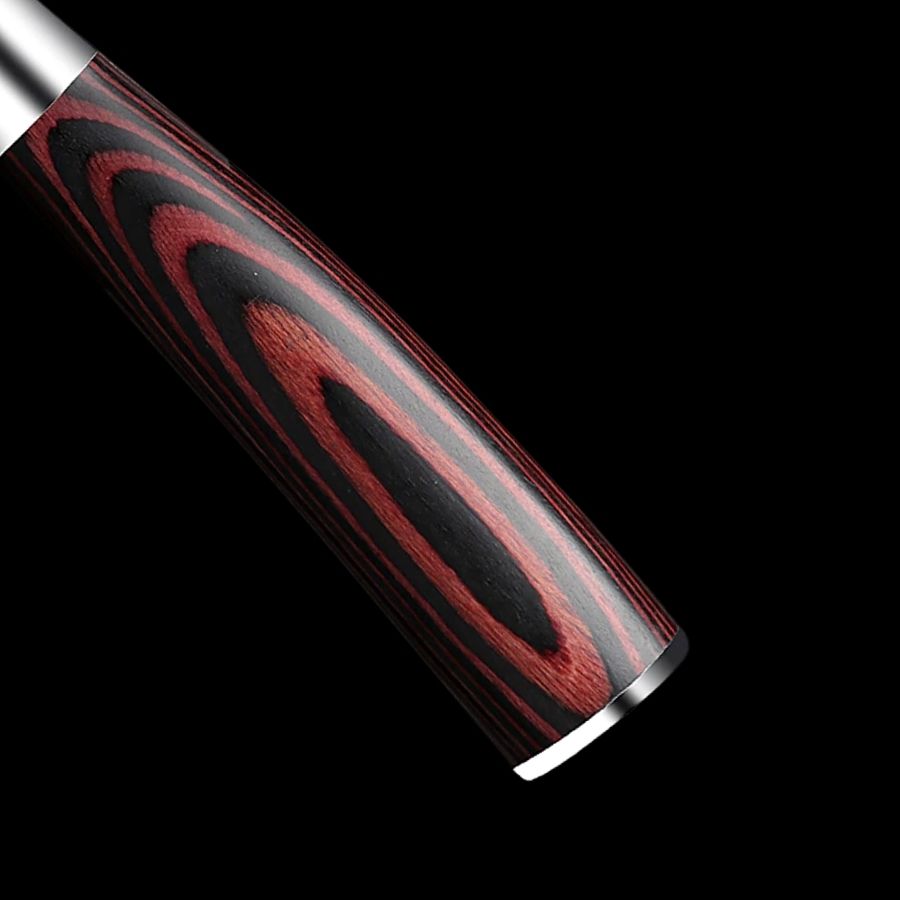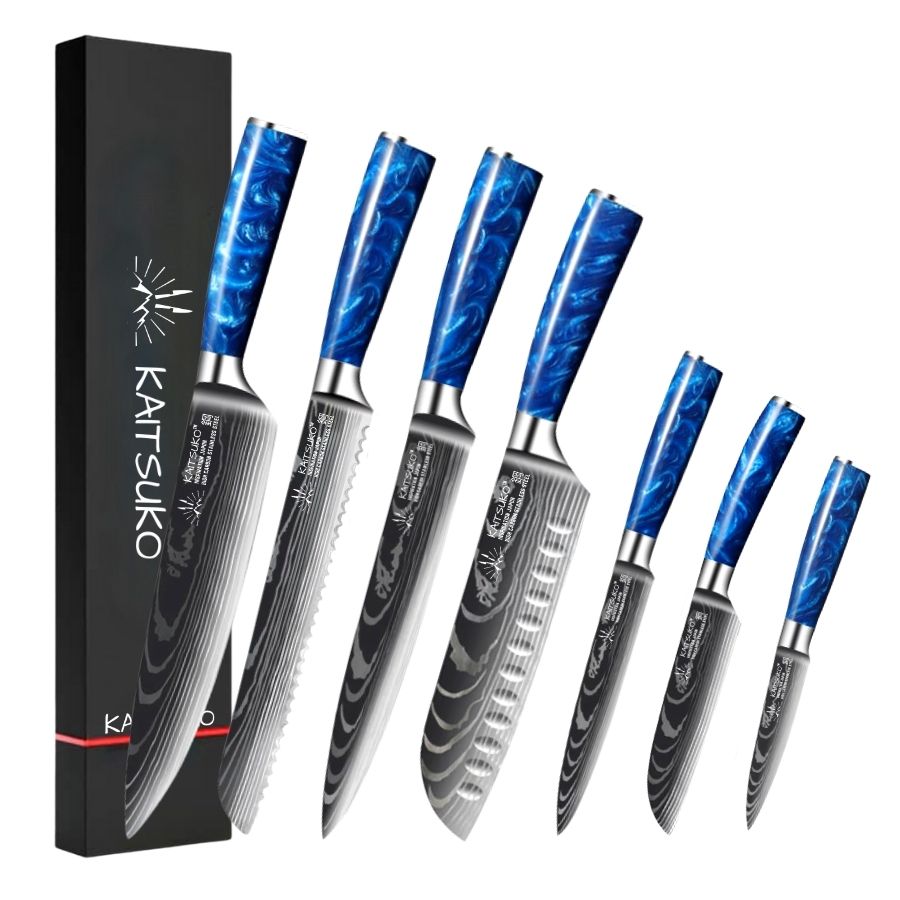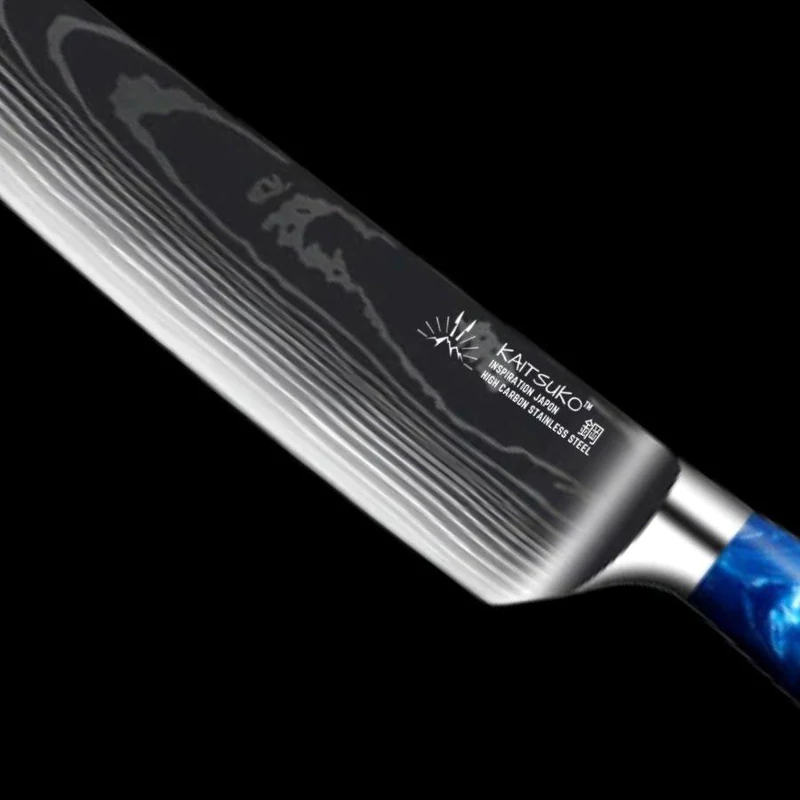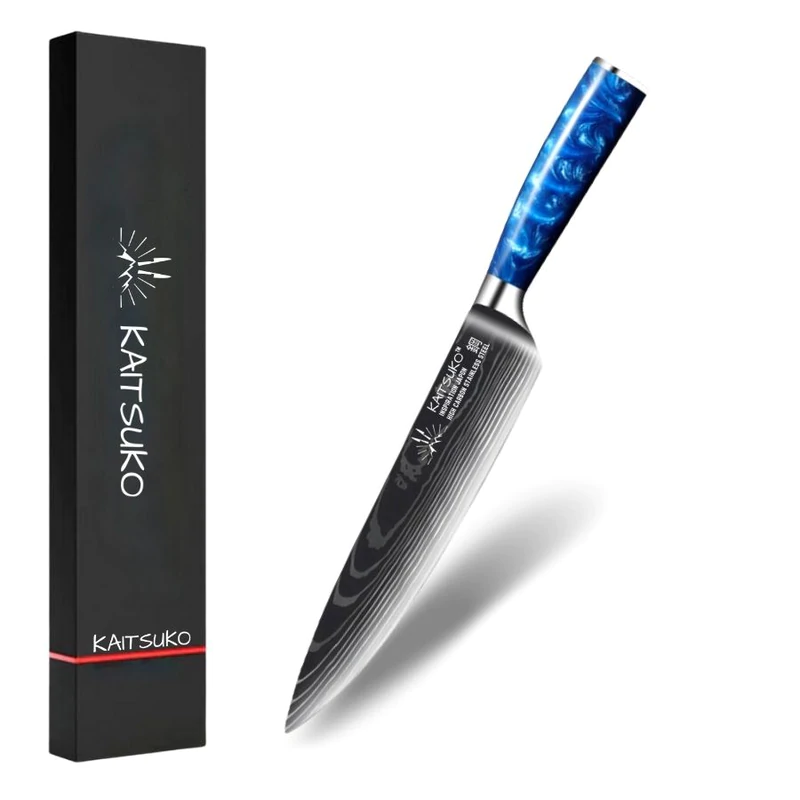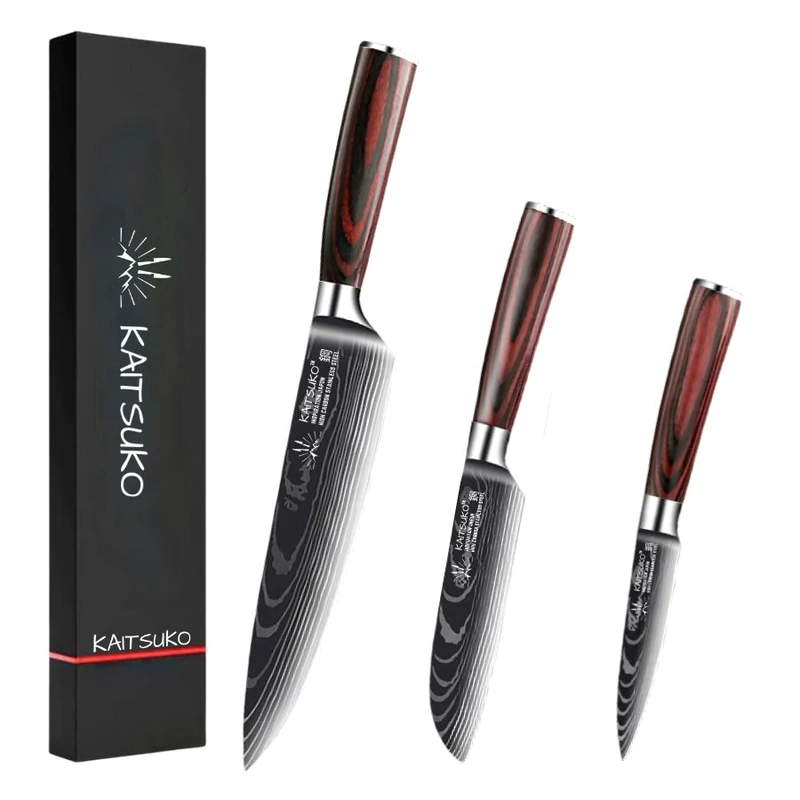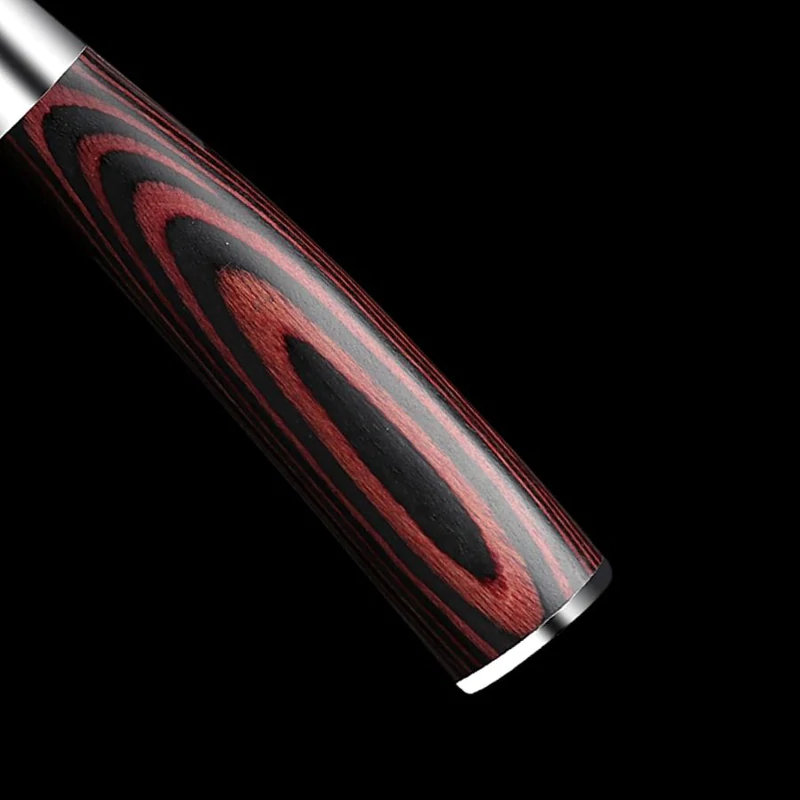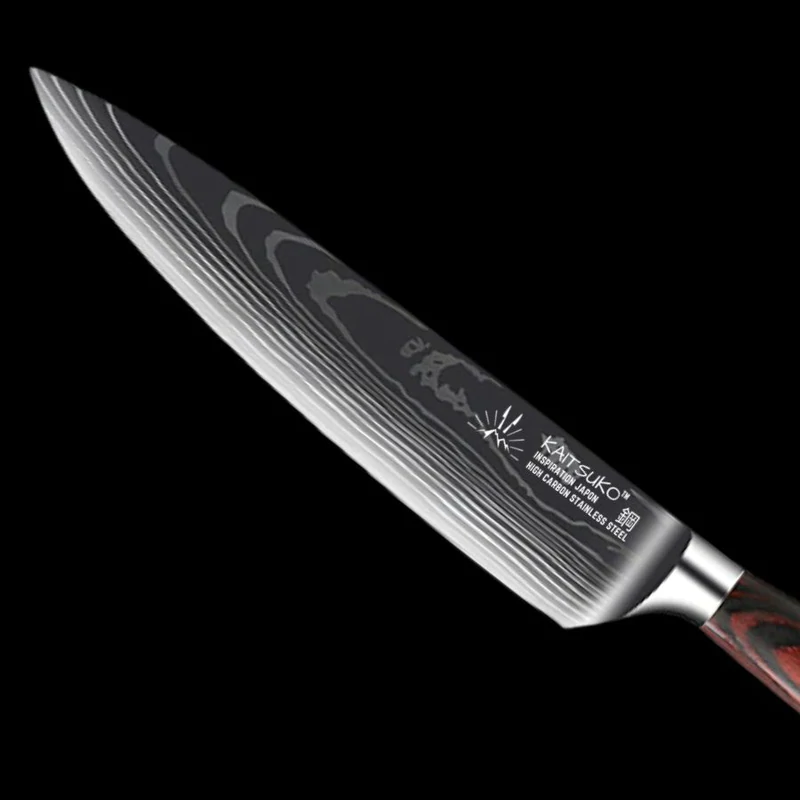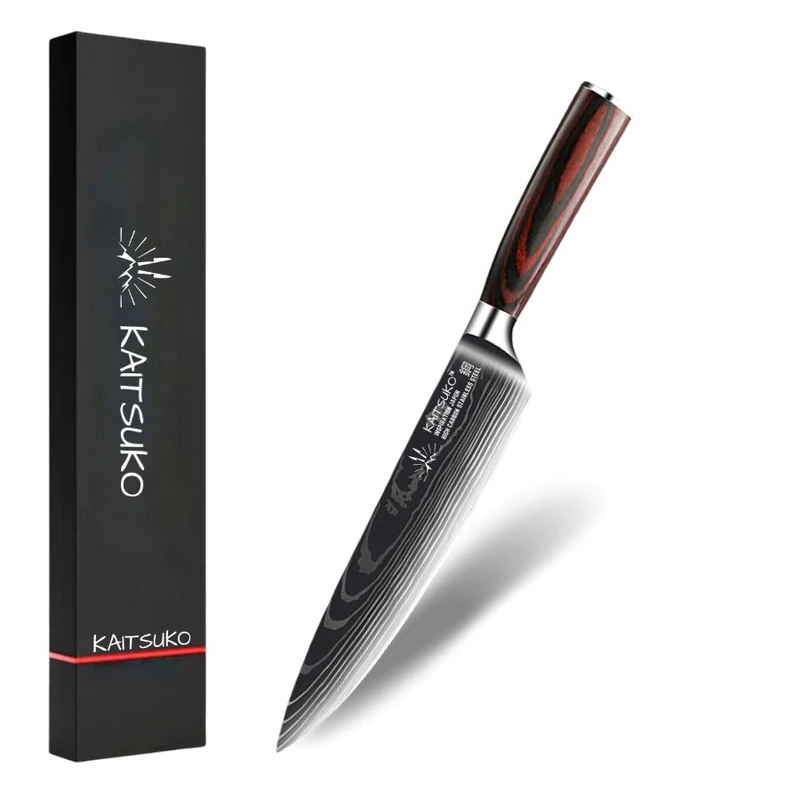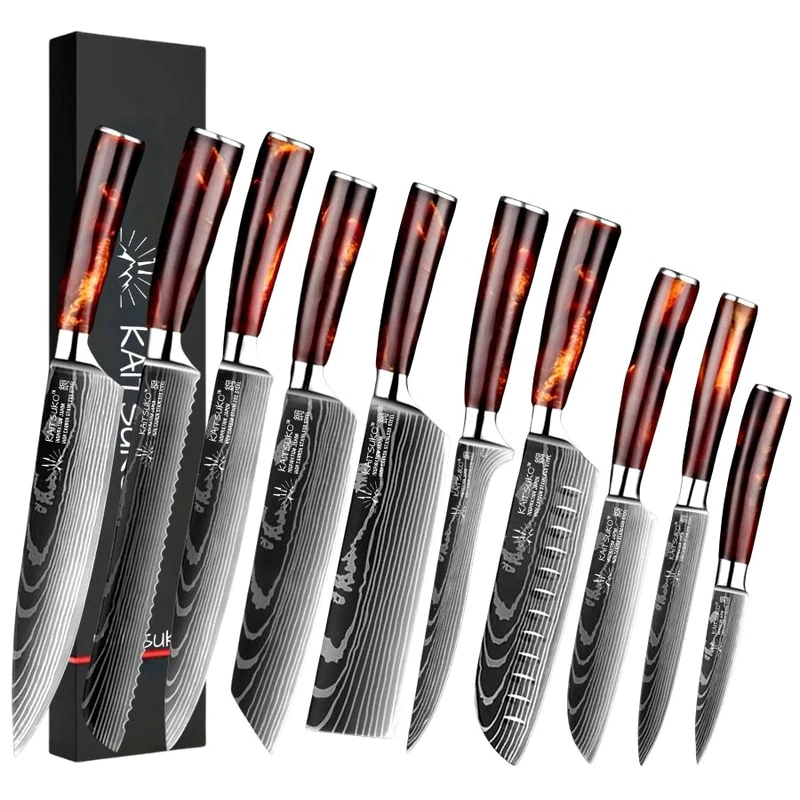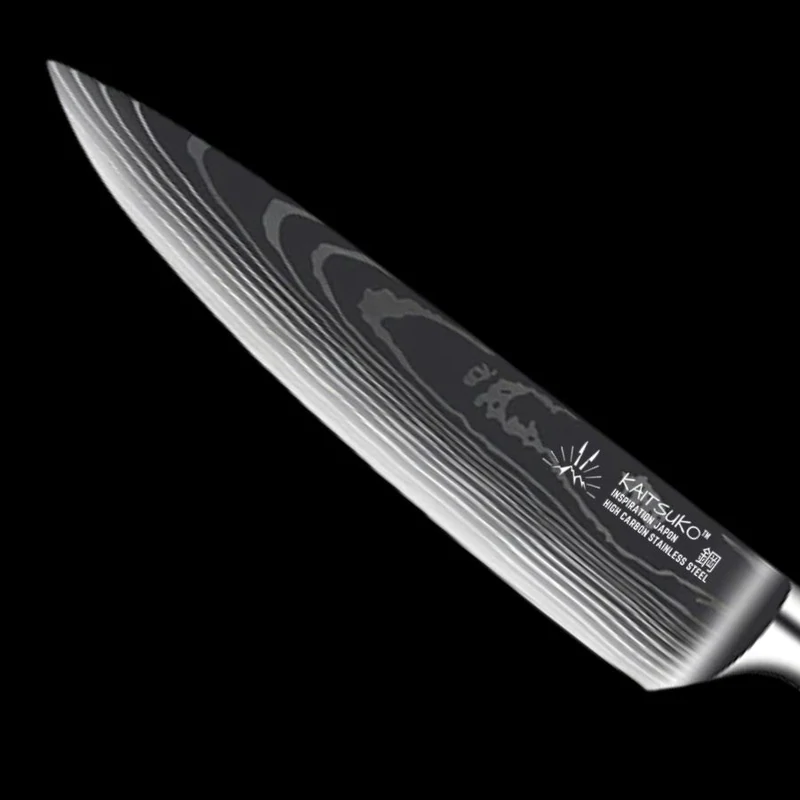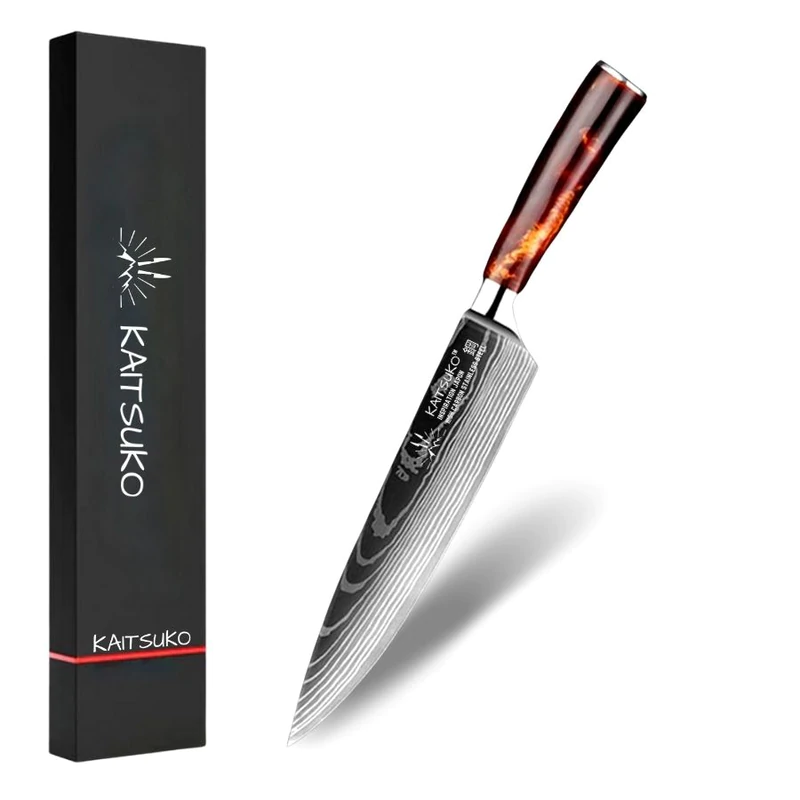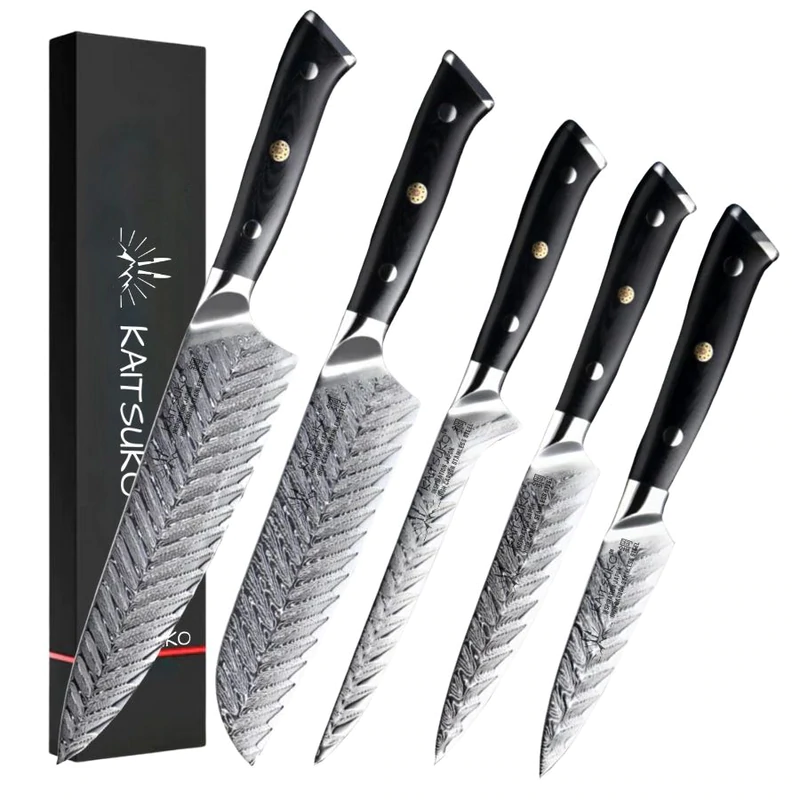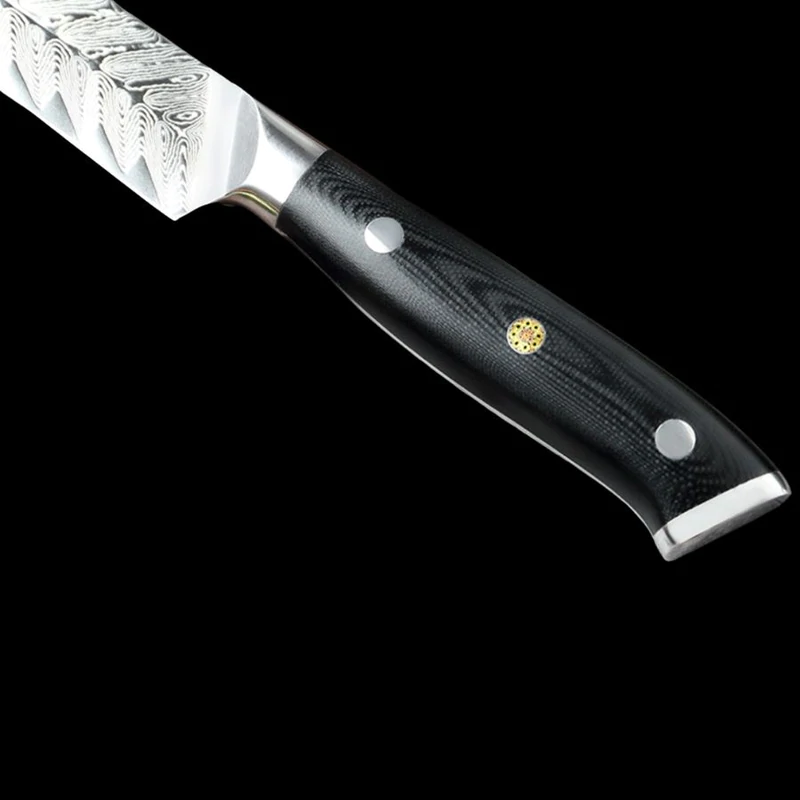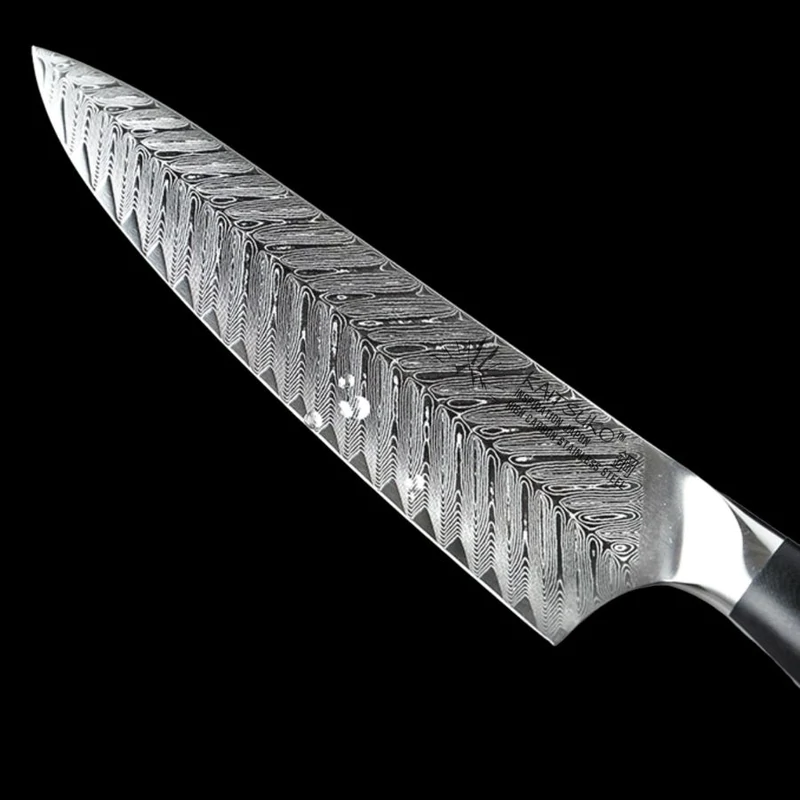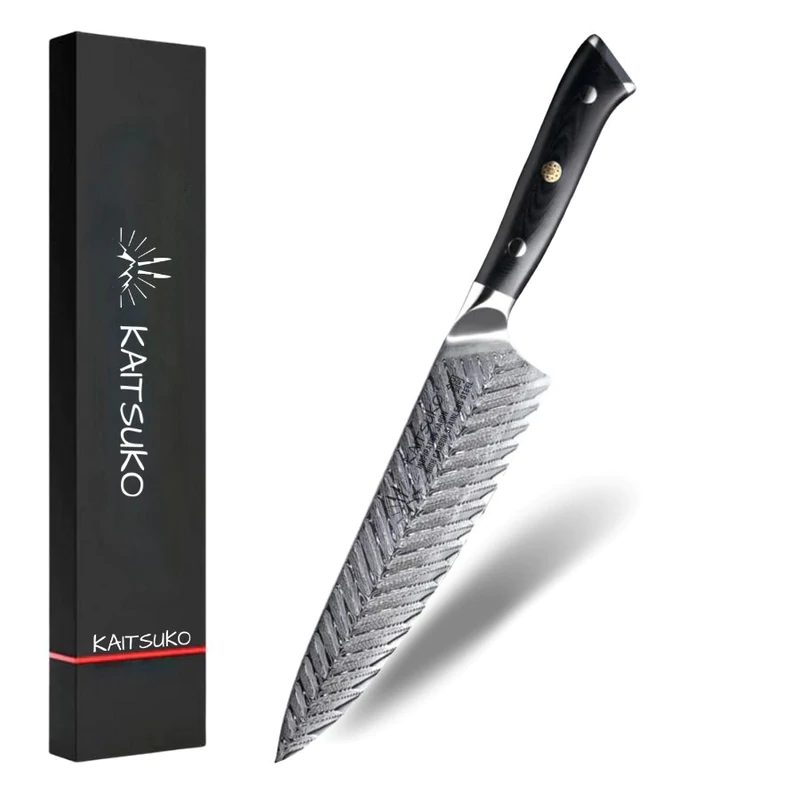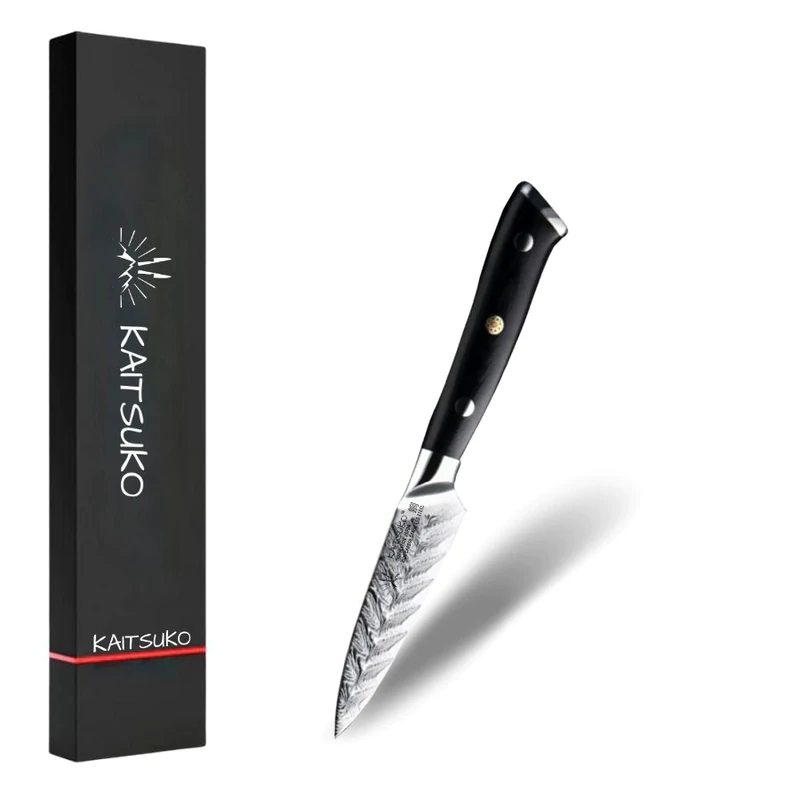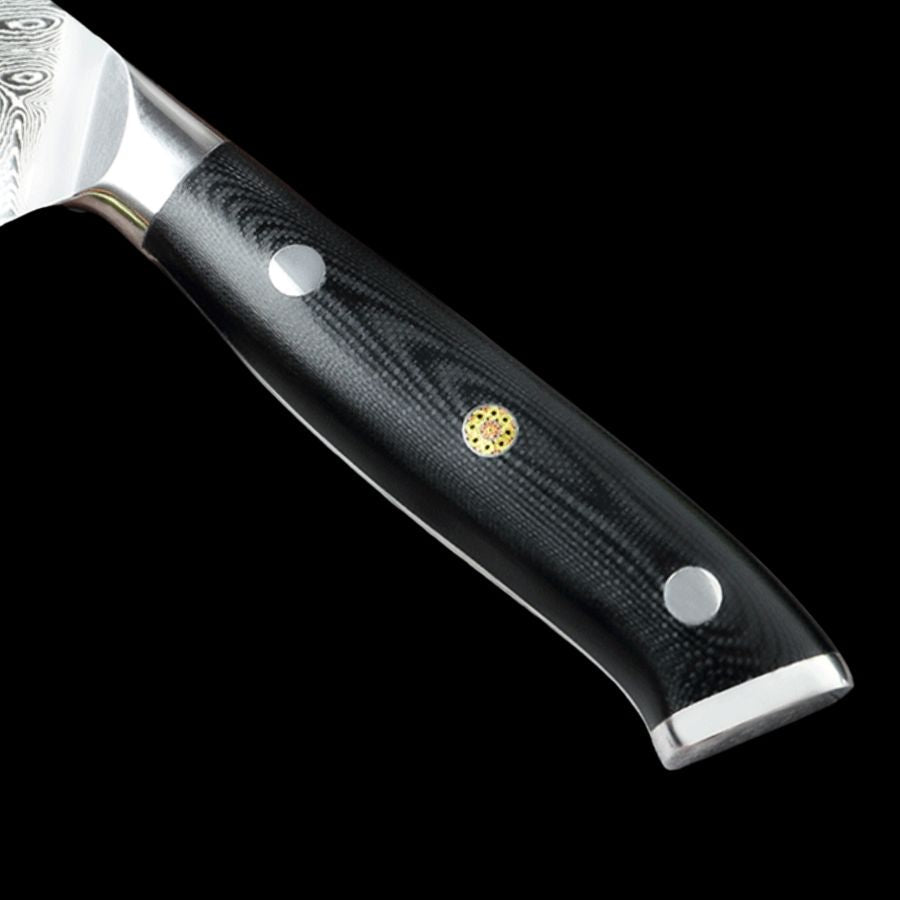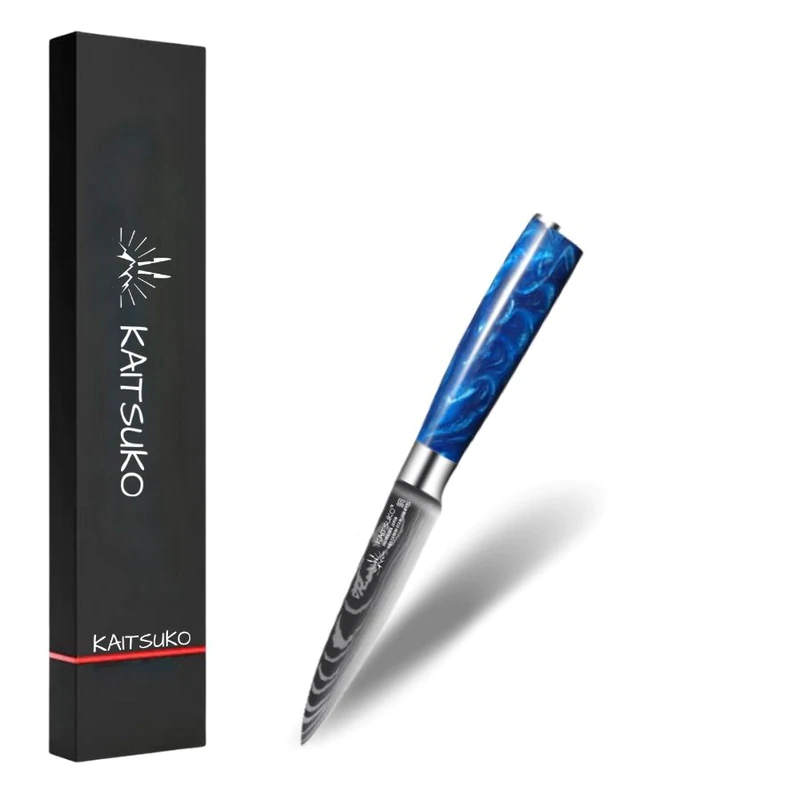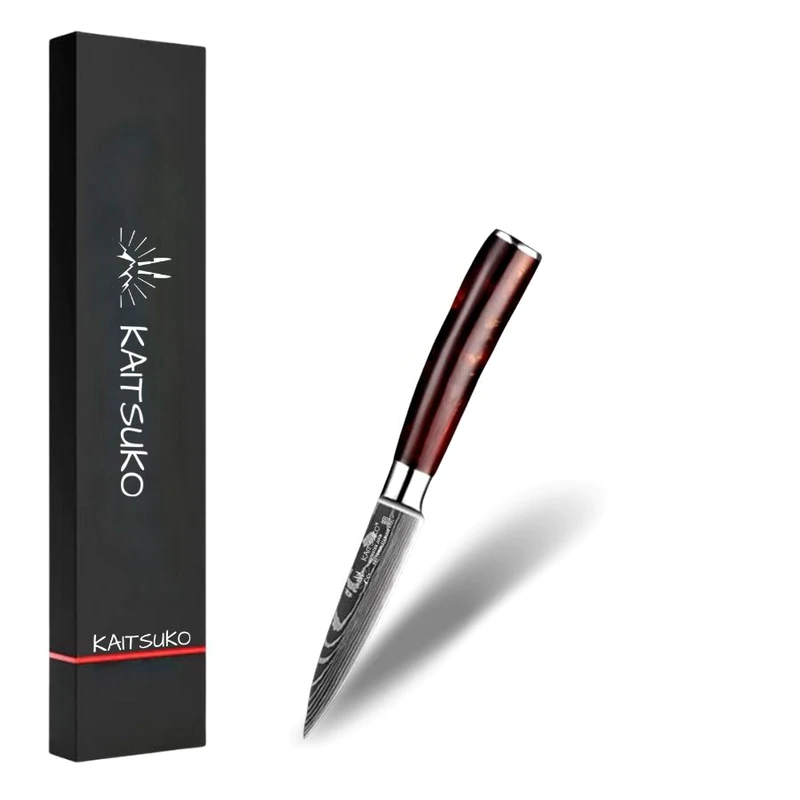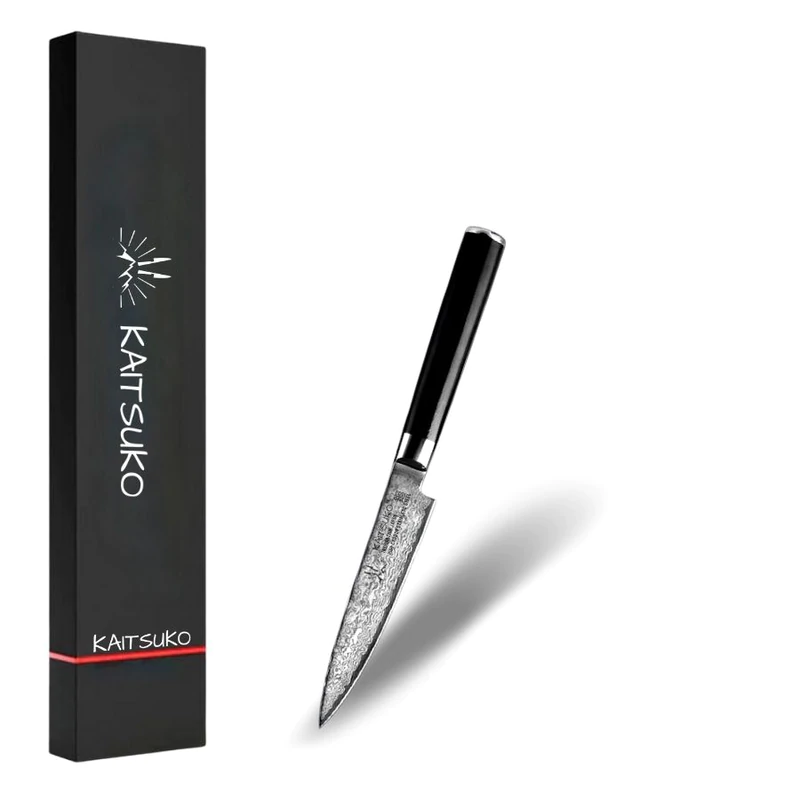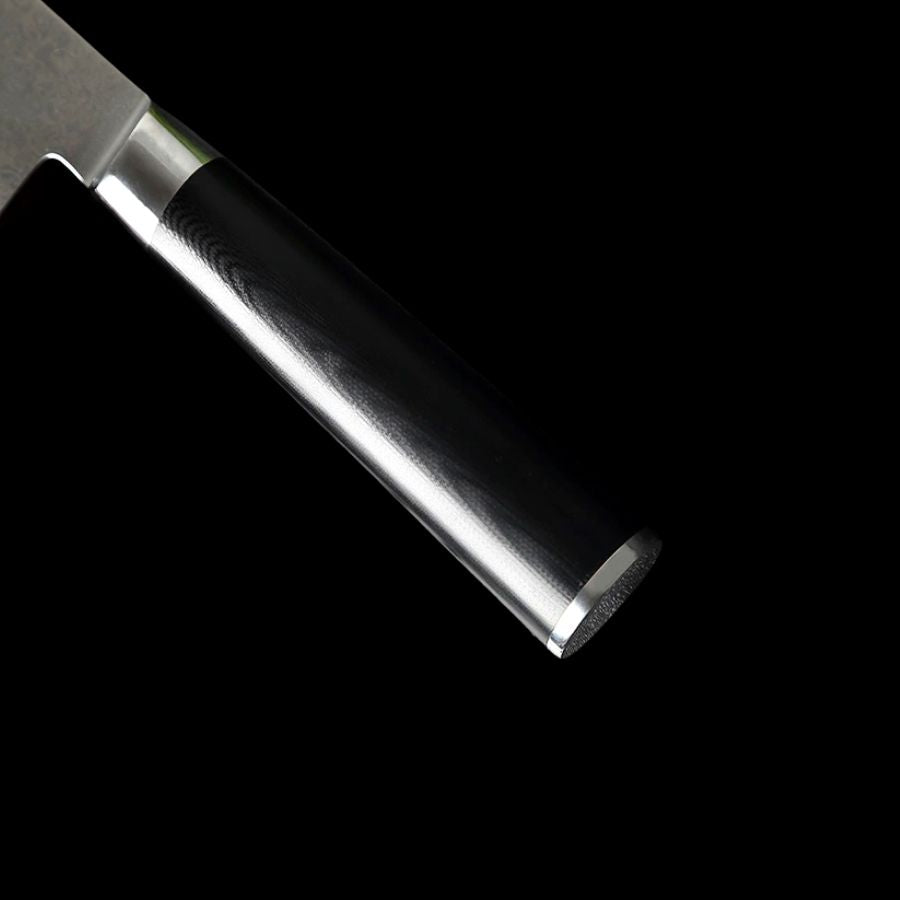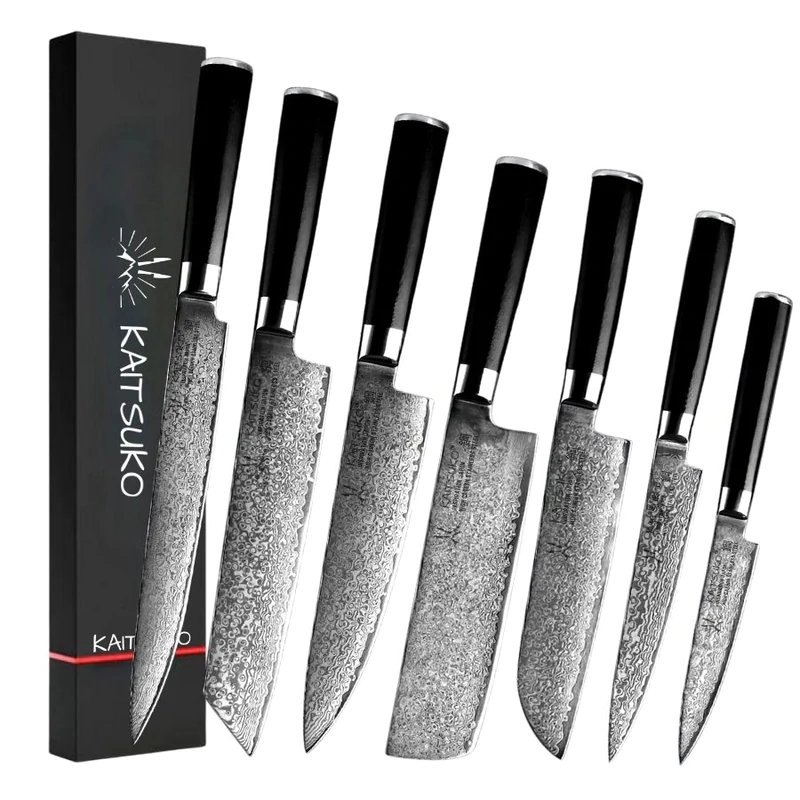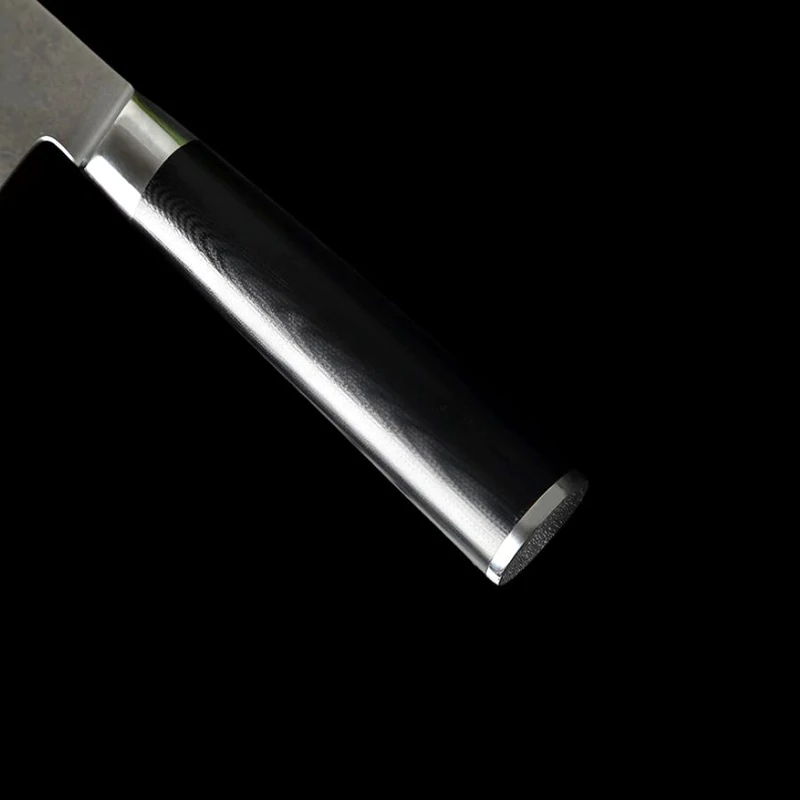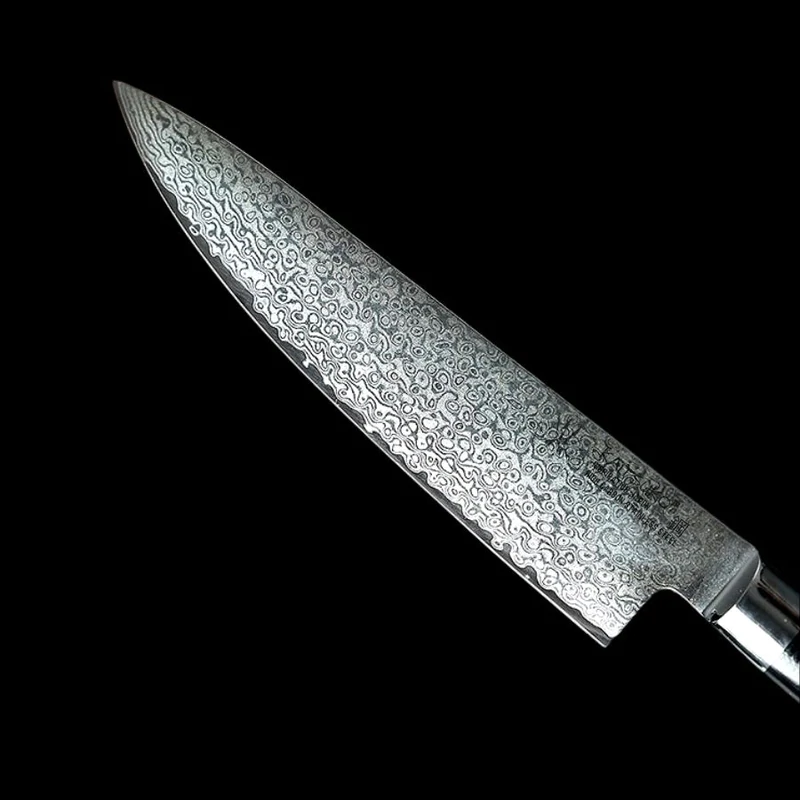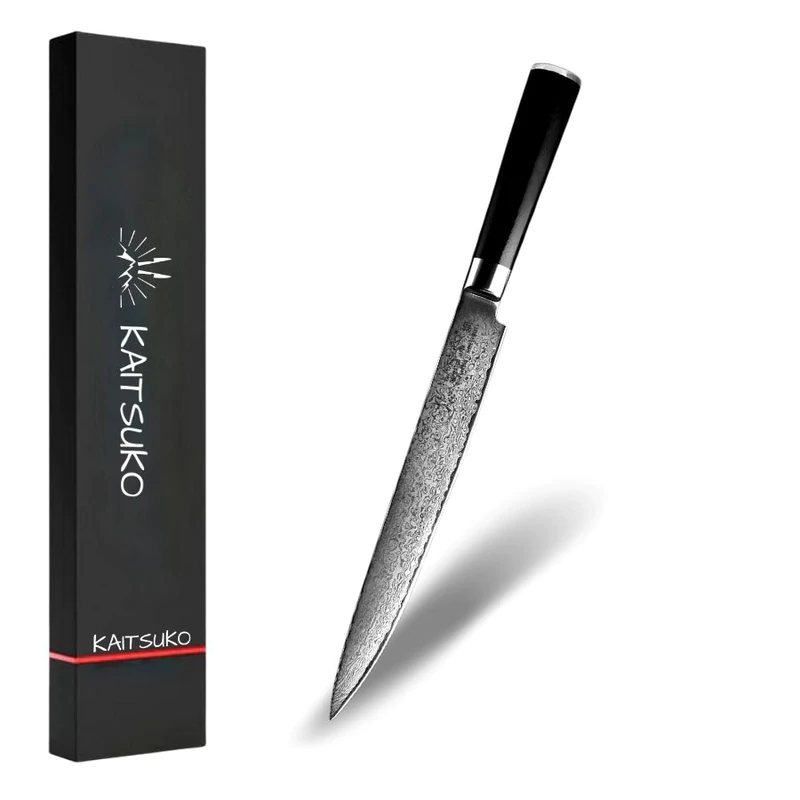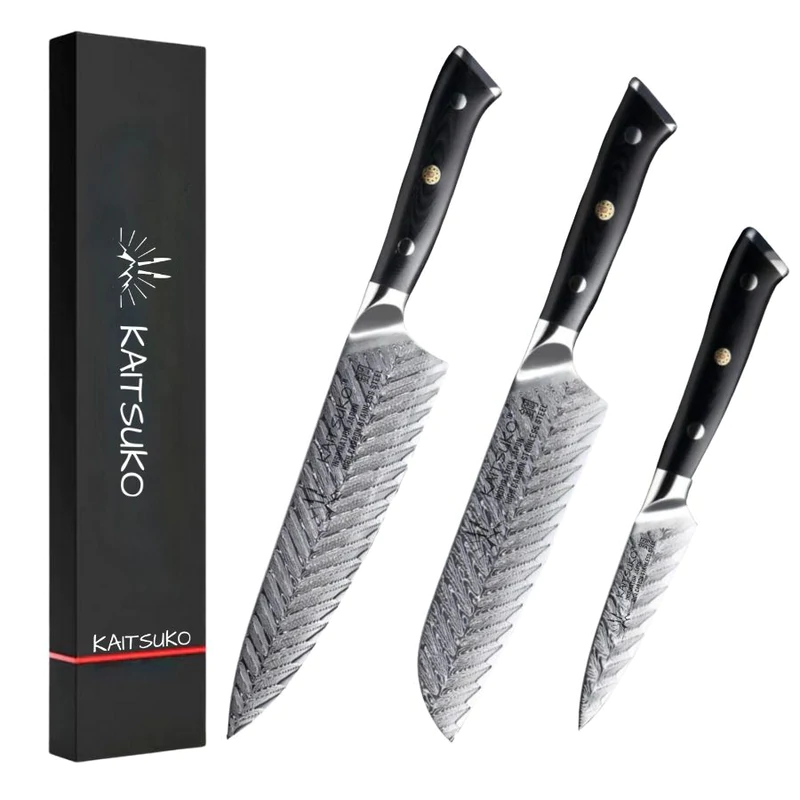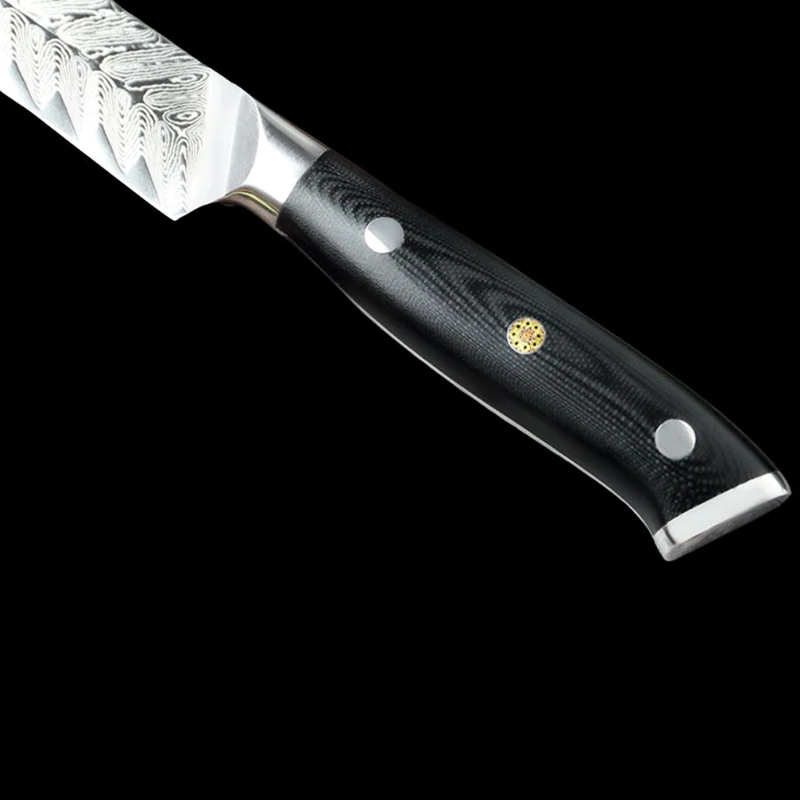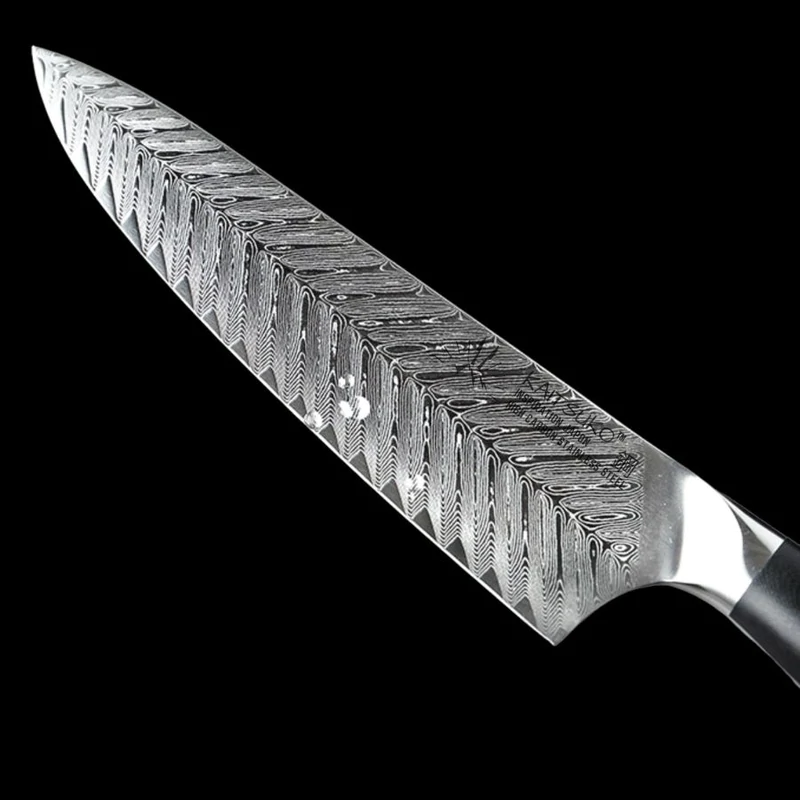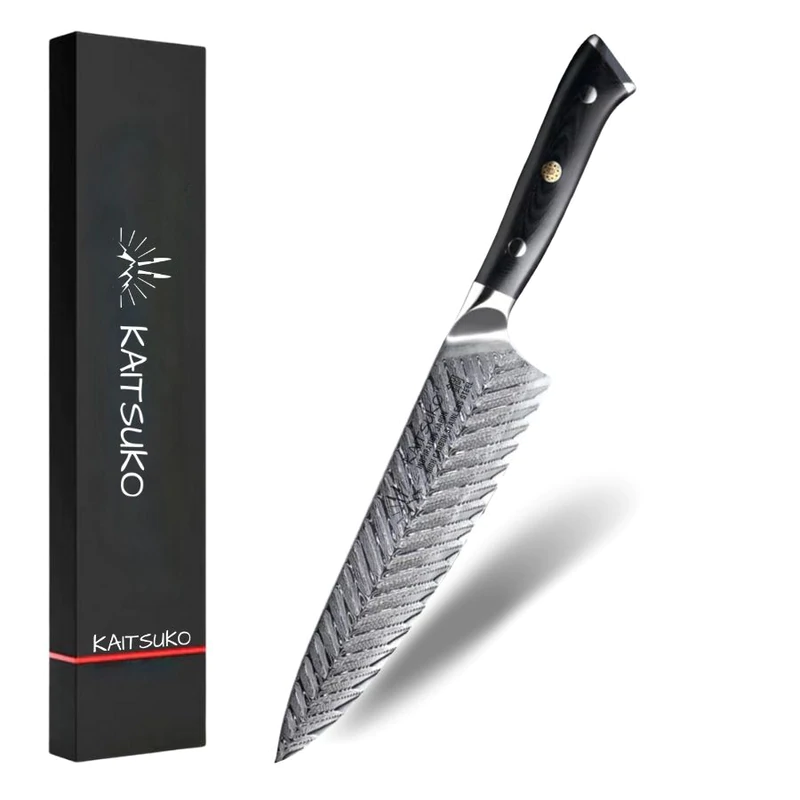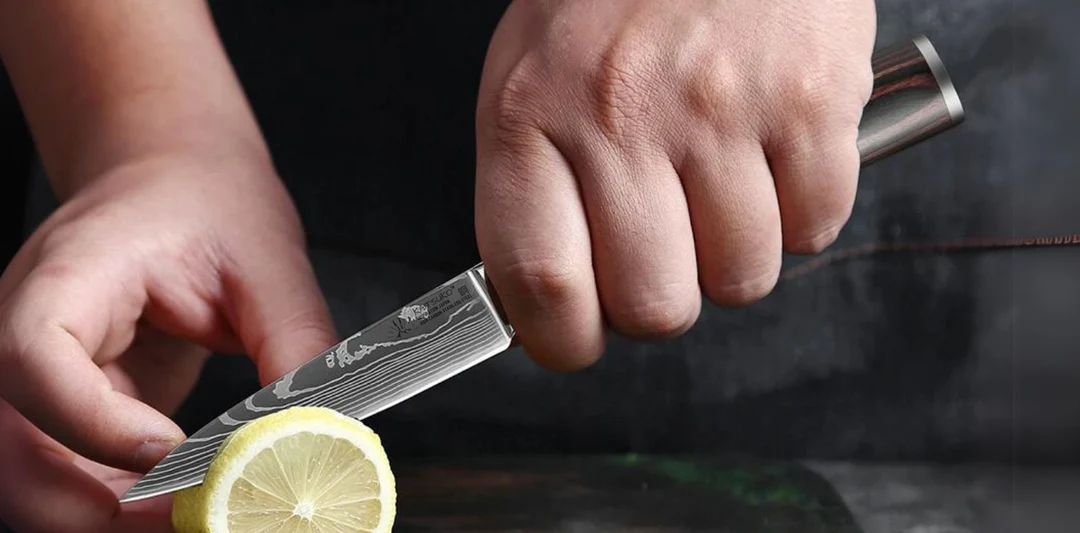
Paring knife
Set of 5 knives, Japanese style – Collection Chef Tanaka Forest Wood
Set of 3 knives, Japanese style – Collection Chef Tanaka Land of fire
Set of 7 knives, Japanese style – Collection Chef Tanaka Land of fire
Set of 5 knives, Japanese style – Collection Chef Tanaka Land of fire
Set of 5 knives, Japanese style – Collection Chef Tanaka Blue Ocean
Set of 7 knives, Japanese style – Collection Chef Tanaka Forest Wood
Set of 10 knives, Japanese style – Collection Chef Tanaka Blue Ocean
Set of 3 knives, Japanese style – Collection Chef Tanaka Blue Ocean
Set of 10 knives, Japanese style – Collection Chef Tanaka Forest Wood
Set of 7 knives, Japanese style – Collection Chef Tanaka Blue Ocean
Set of 3 knives, Japanese style – Collection Chef Tanaka Forest Wood
Set of 10 knives, Japanese style – Collection Chef Tanaka Land of fire
Set of 5 knives in Damascus steel – Collection Chef Yakumoto
Collection Kyoto – Set of 7 knives in Damascus steel, Japanese style – Limited edition
Set of 3 knives in Damascus steel – Collection Chef Yakumoto
Characteristics of Paring Knives
What is a paring knife? It's a thin kitchen knife, small in size, approximately 7.5 to 10 centimeters (3 to 4 inches) long, and extremely sharp. It's designed for peeling the skin of vegetables and fruits, and for making small incisions in fish and meat. It can also be used for slicing vegetables and removing eyes from potatoes. It's also the perfect stainless steel knife for deveining shrimp or cutting citrus into wedges.
Why use it? The paring knife can be used like a scalpel for delicate tasks such as removing poultry wings or scoring various meat cuts. If you hold the paring knife as an extension of your index and thumb, you can delicately peel fruits and vegetables, as well as chop them into small pieces without needing cutting boards. The chef's knife collection is also available to allow you to cut large foods.
What mistakes to avoid? These knives are designed for delicate slicing and peeling. Therefore, avoid using them to cut bones, dice, as the blade is extremely thin. Do not cut or slice through bones when butchering meat. This knife will not be able to withstand the weight of such a task.
What are the buying tips? It all depends on your main use. Straight-blade paring knives may offer different blades. Indeed, those with a downward-curved blade (bird's beak) are designed for peeling curved fruits, while those with a serrated blade are ideal for cutting tomatoes.

